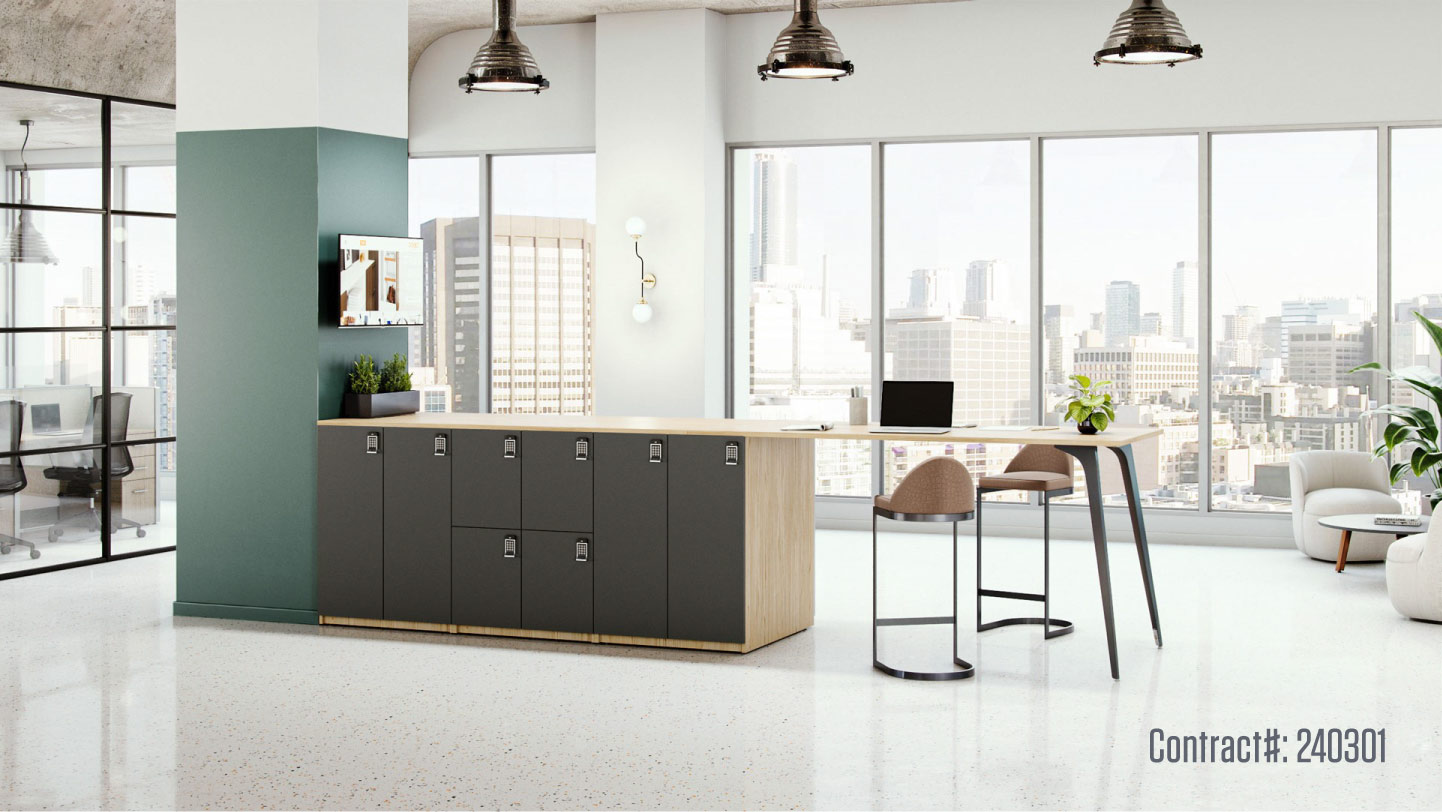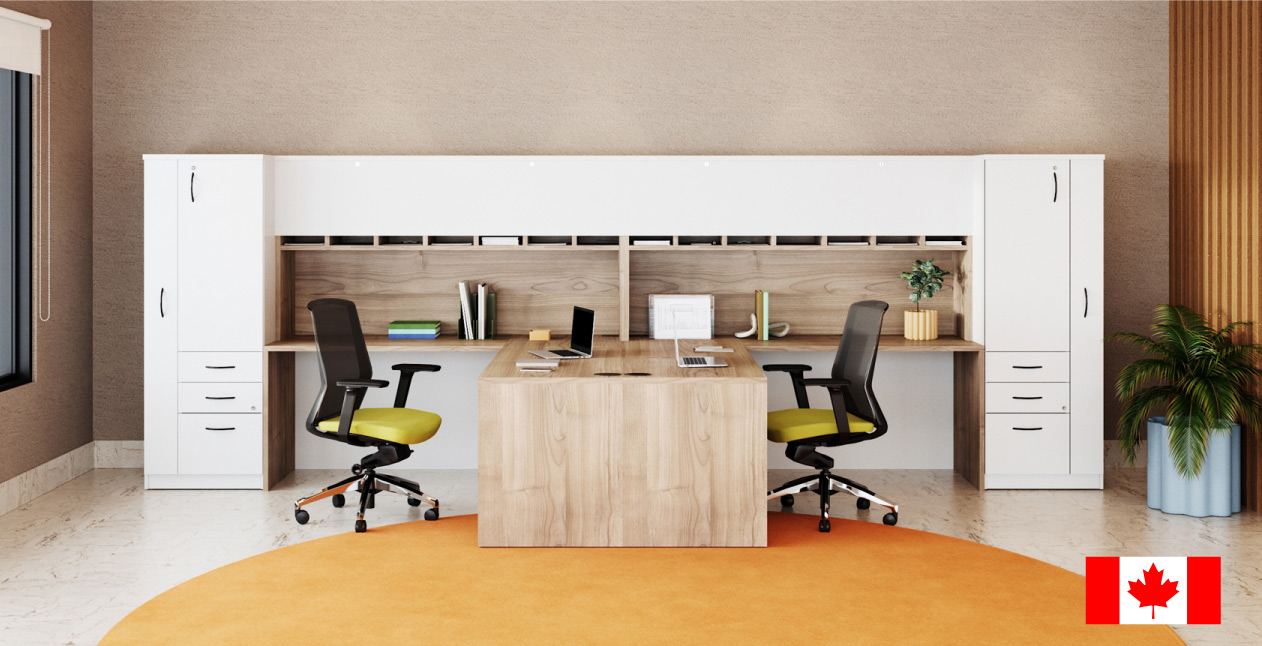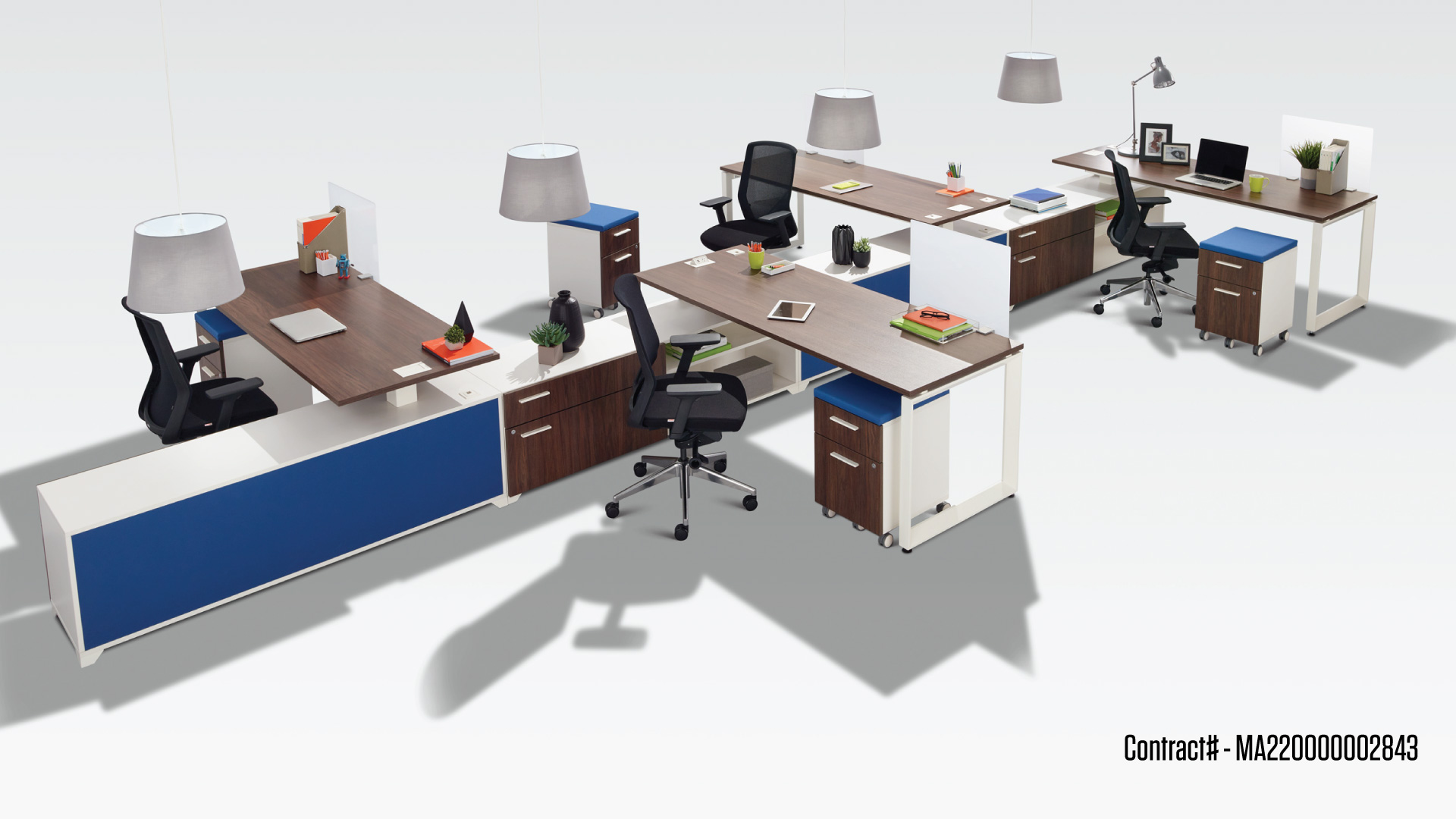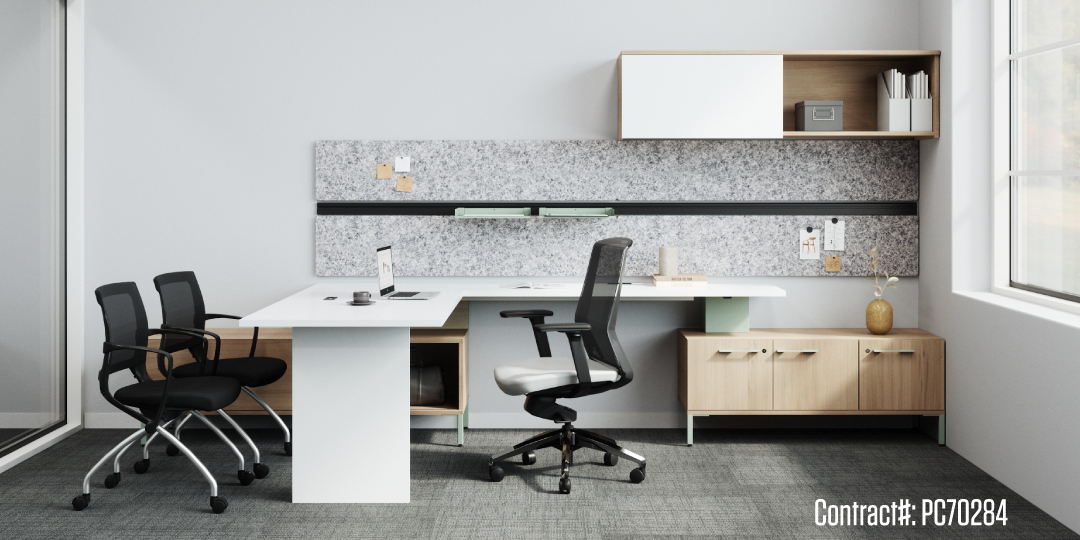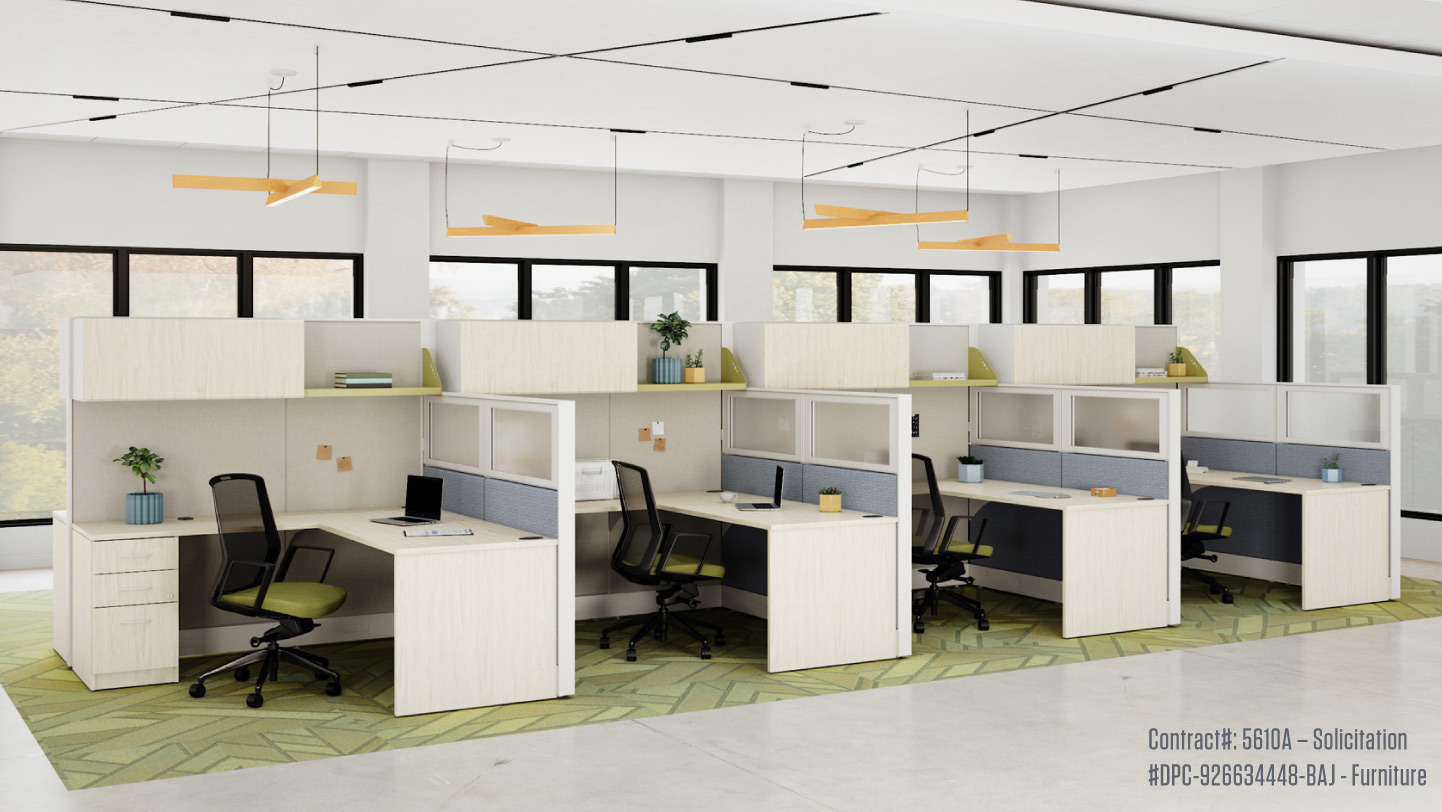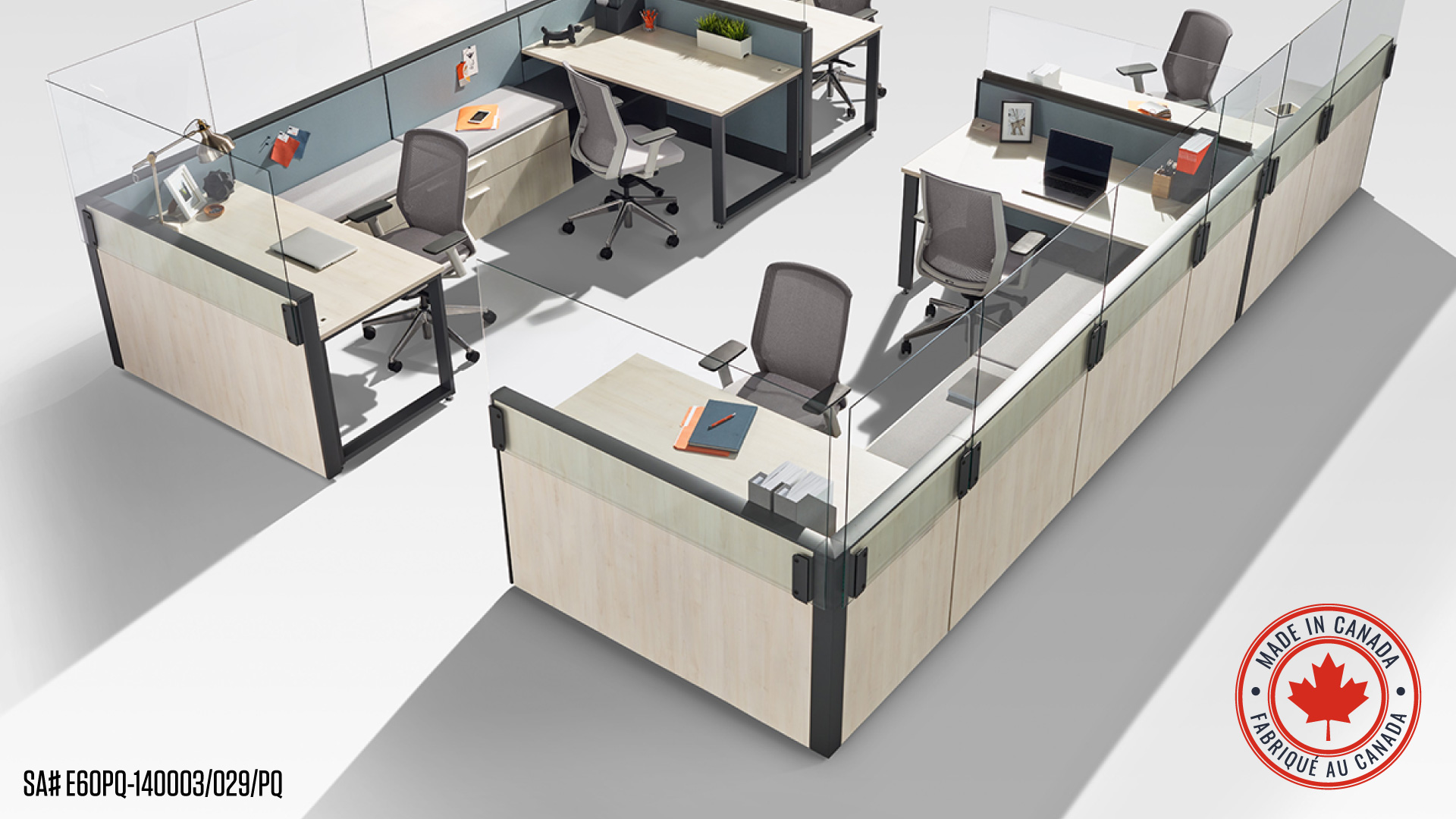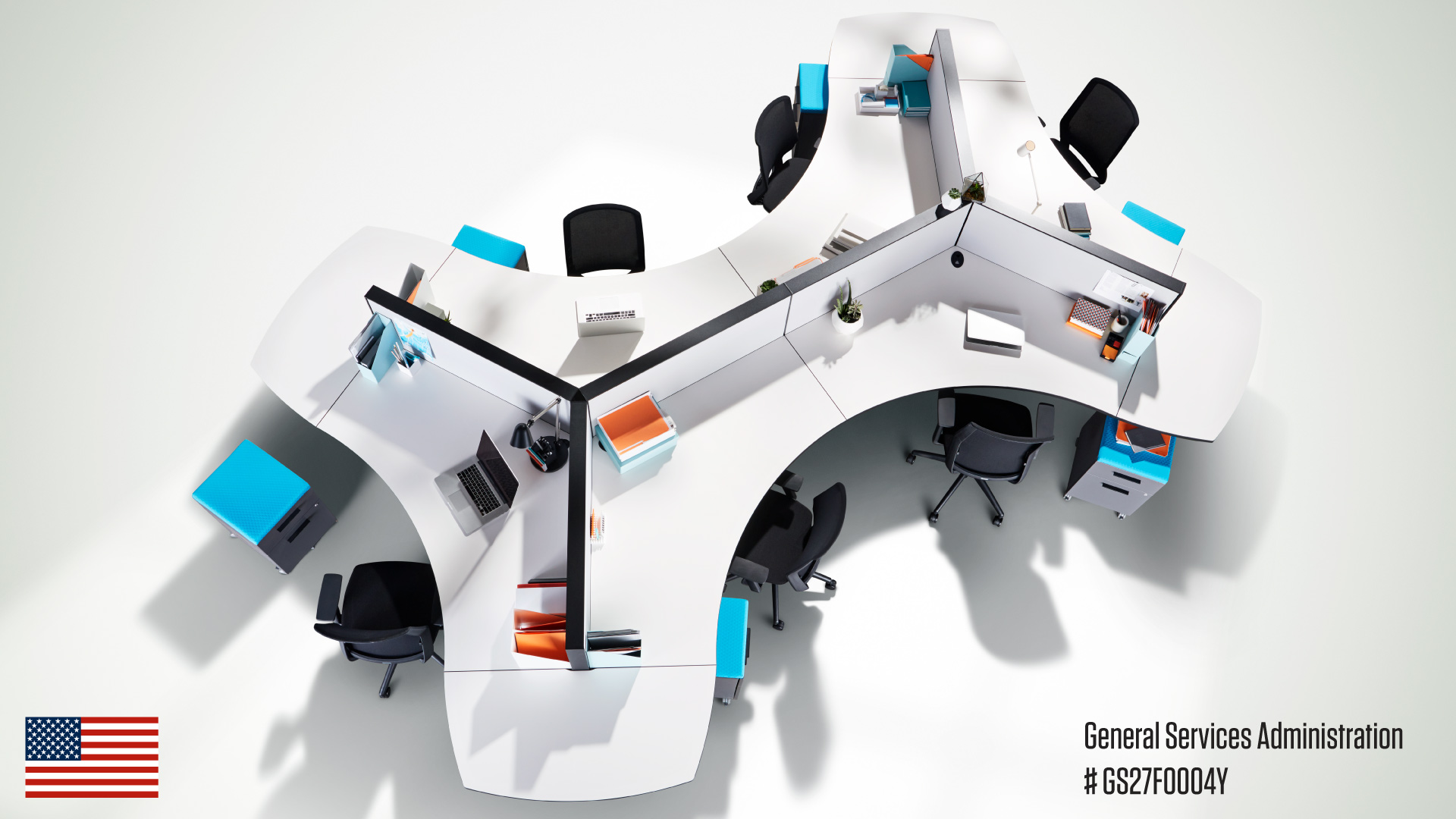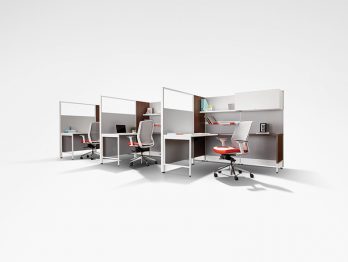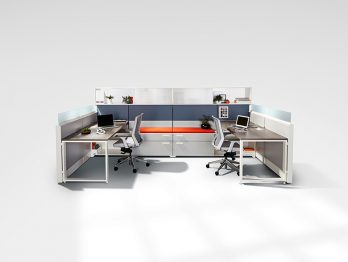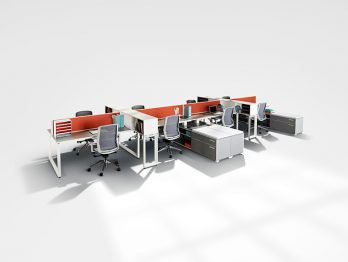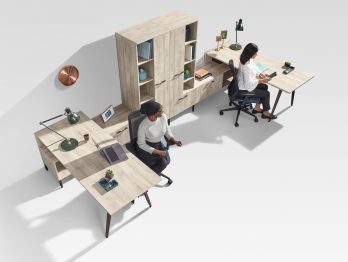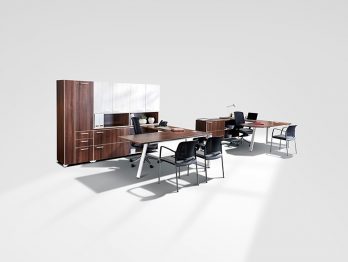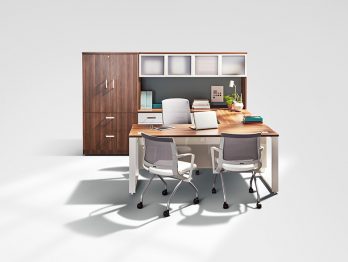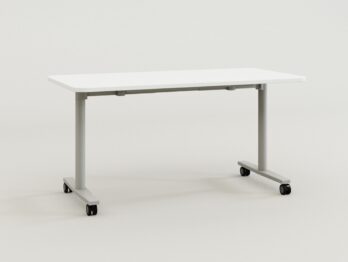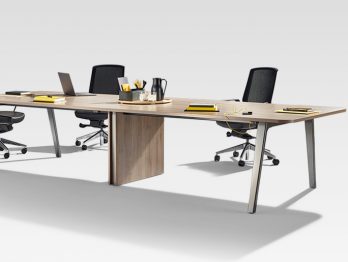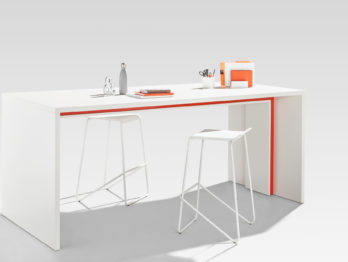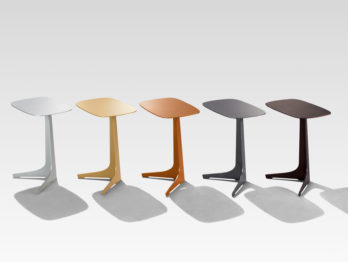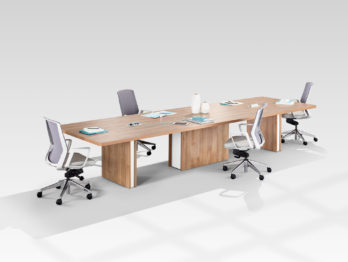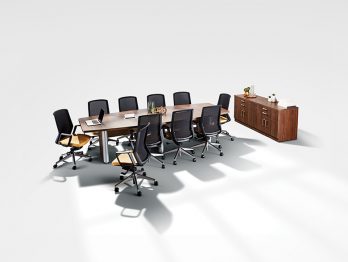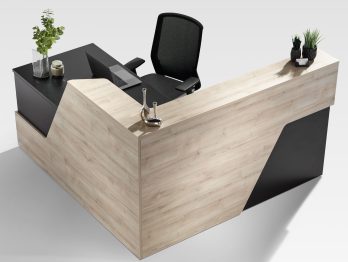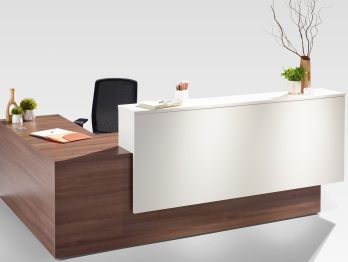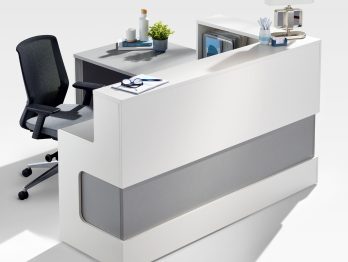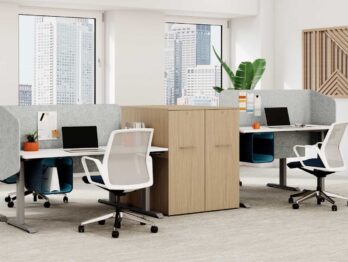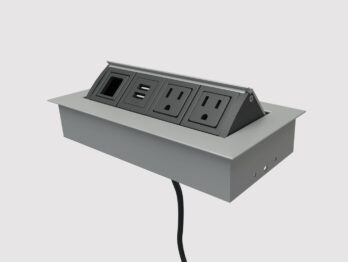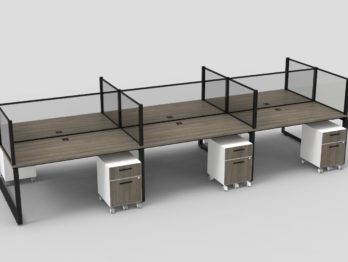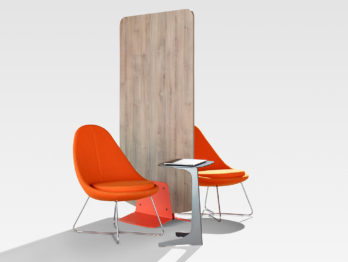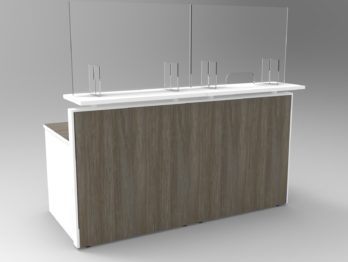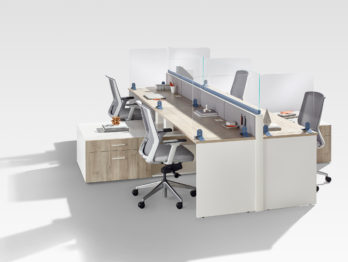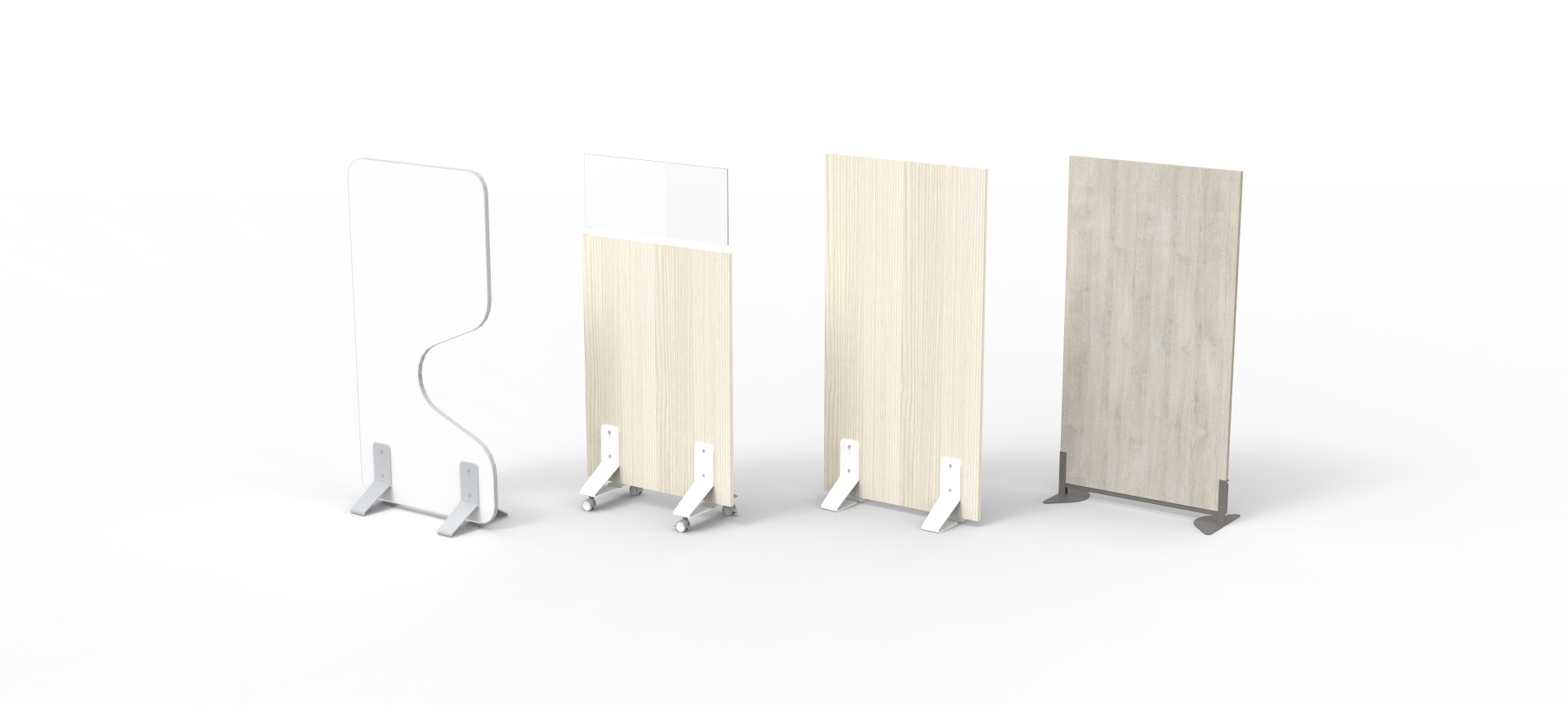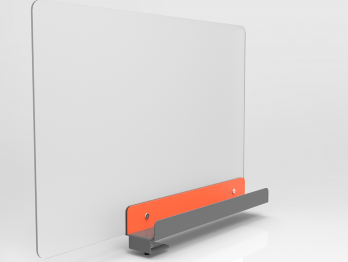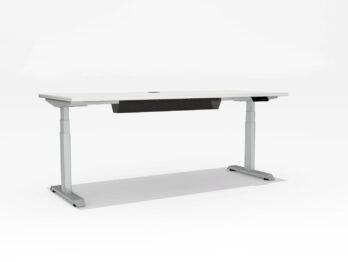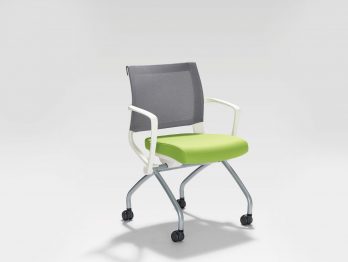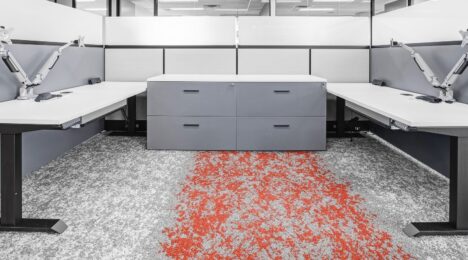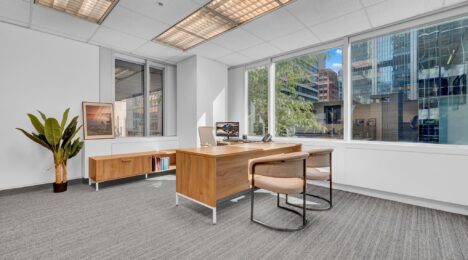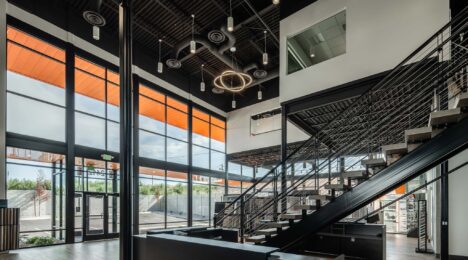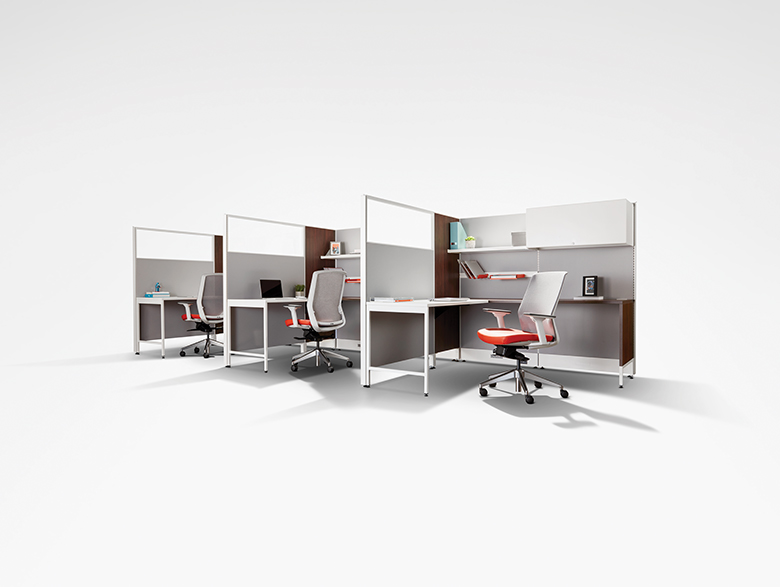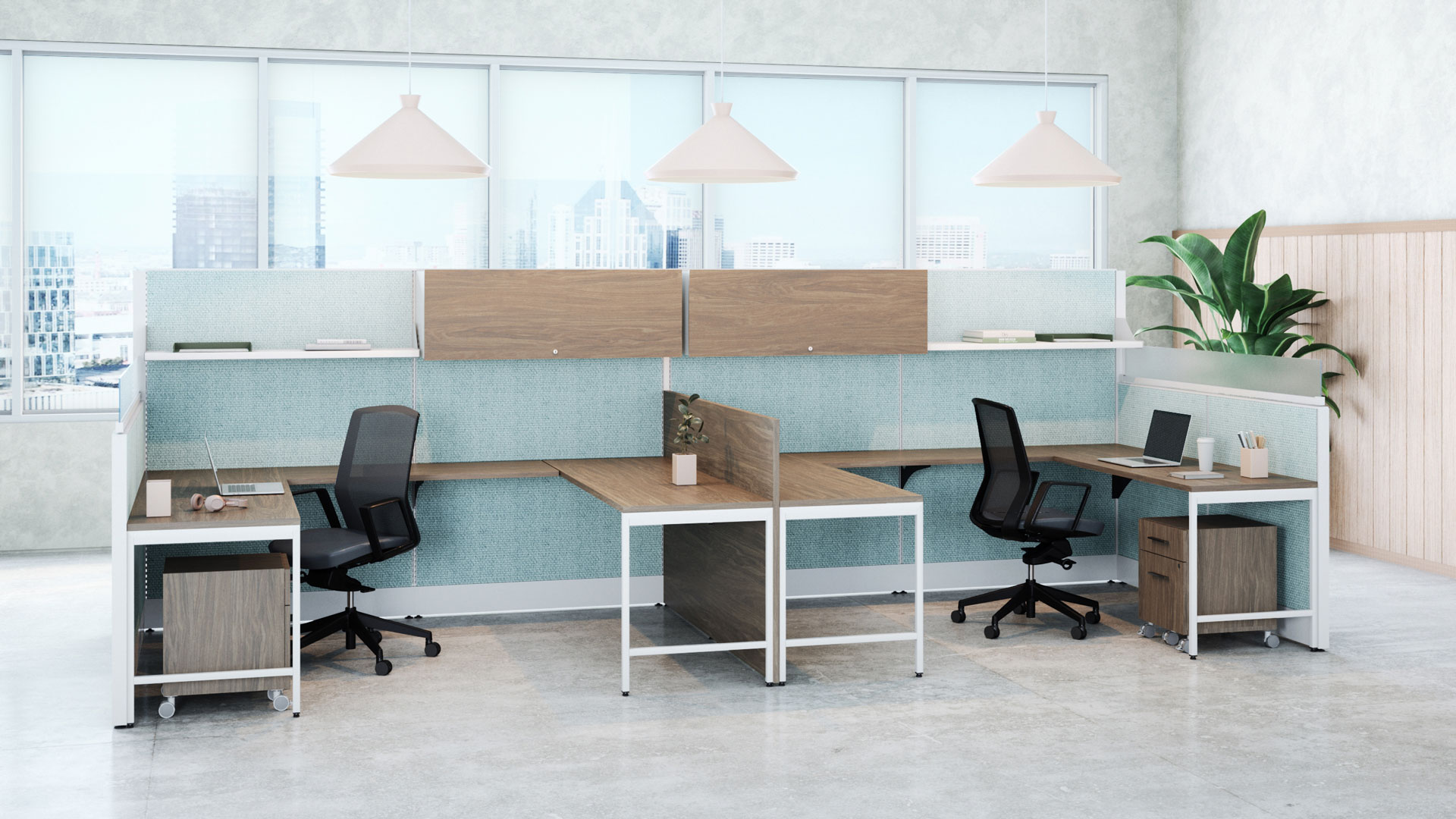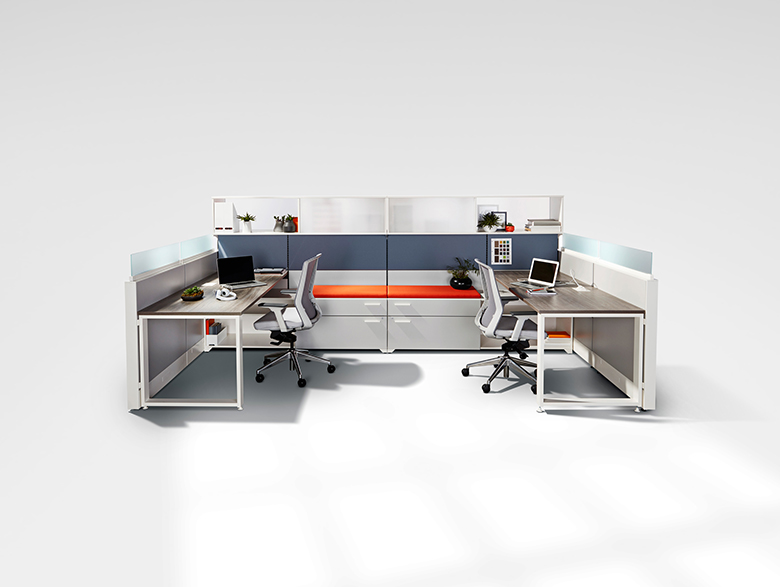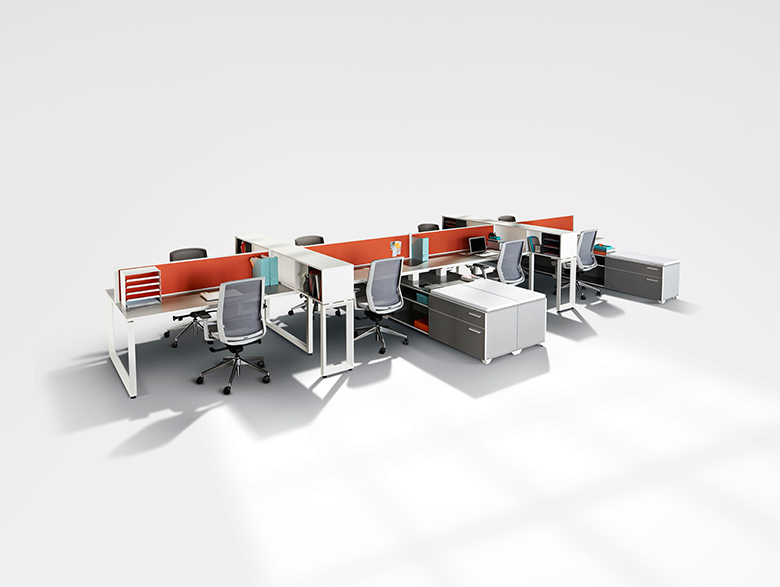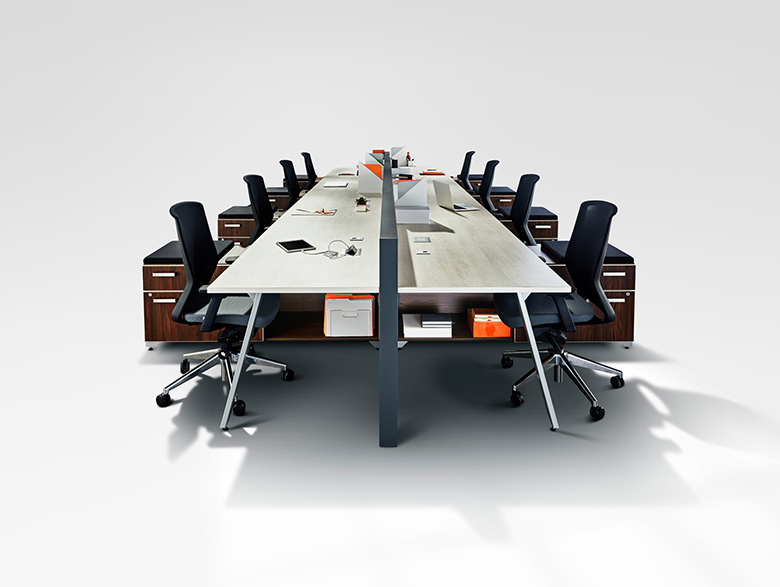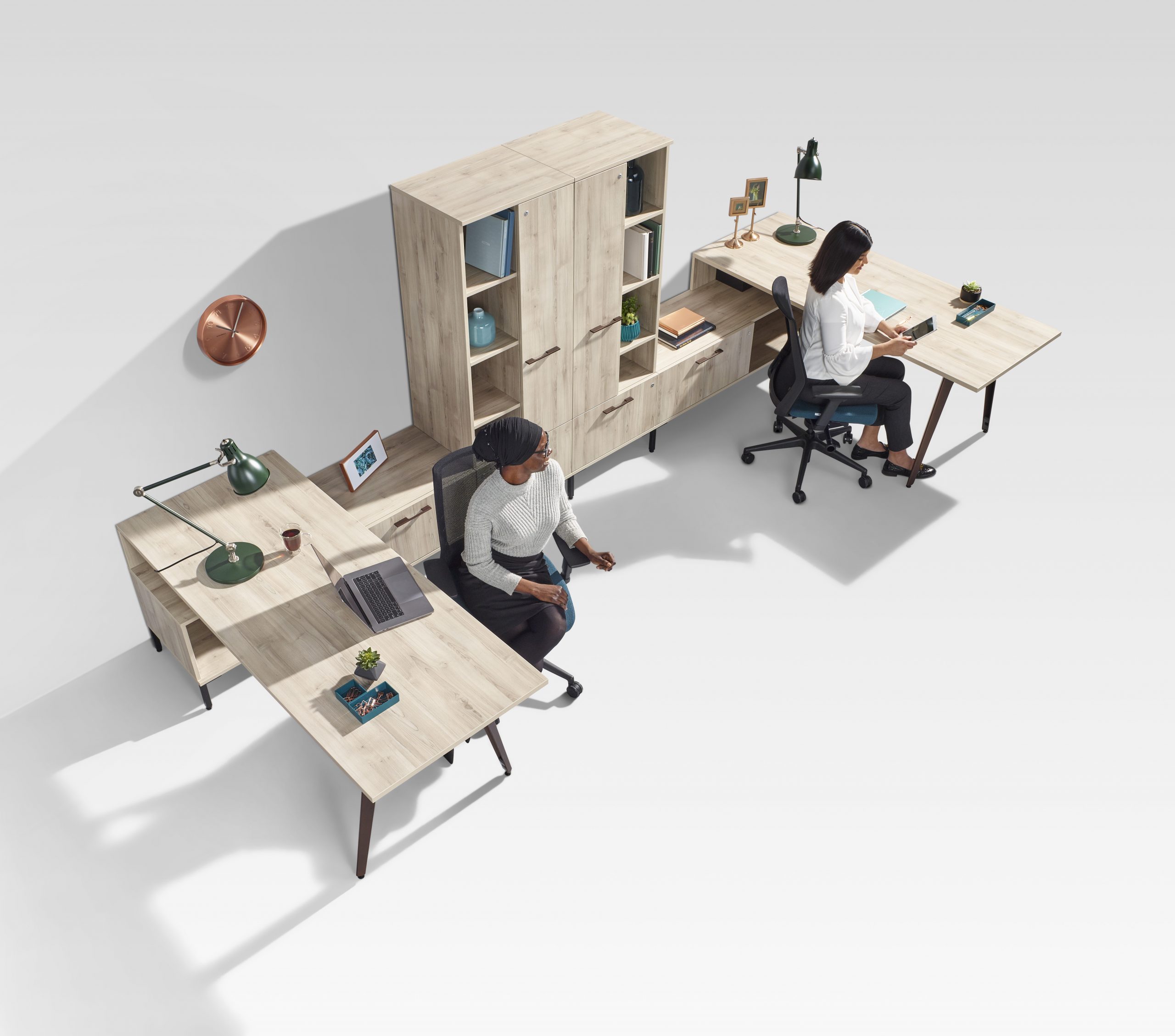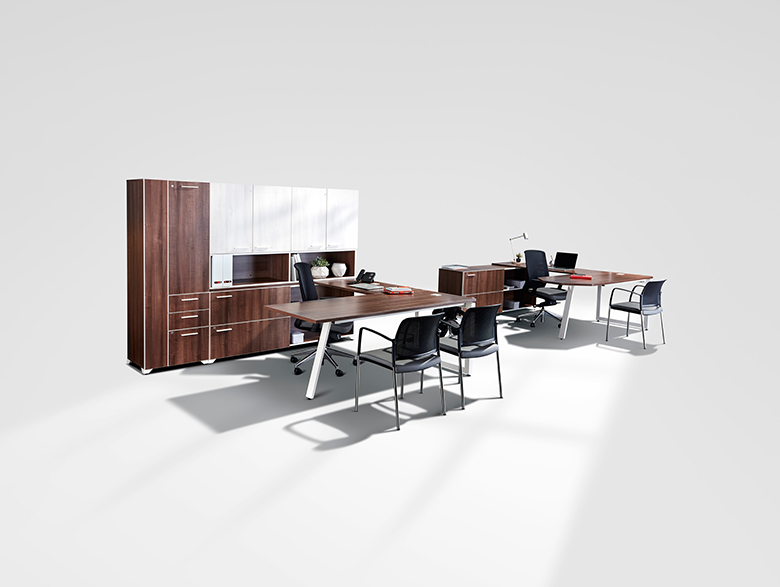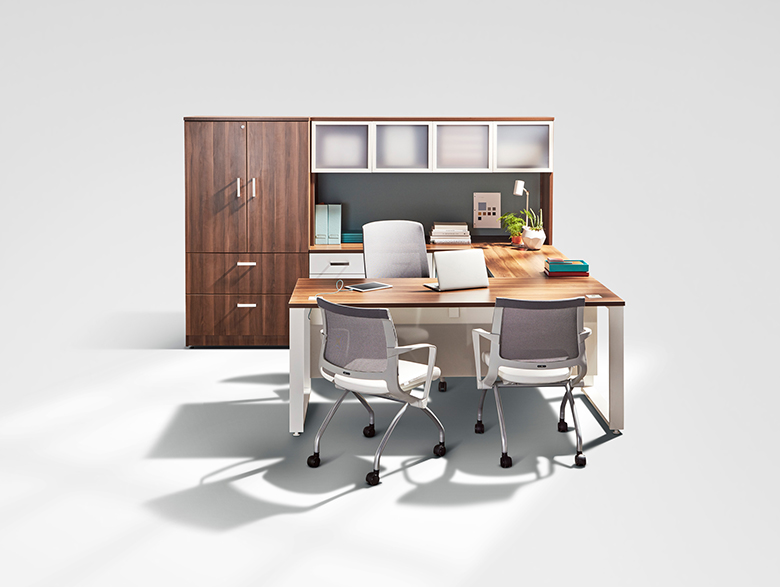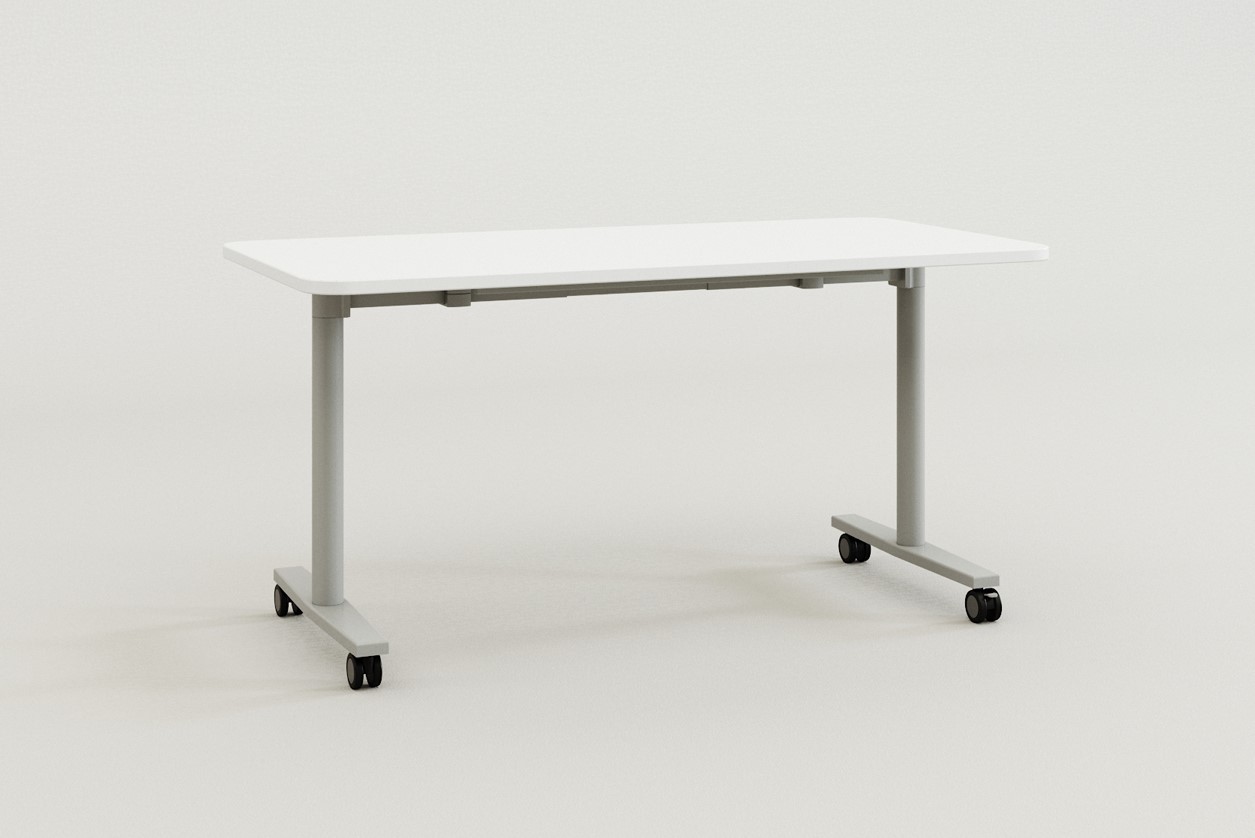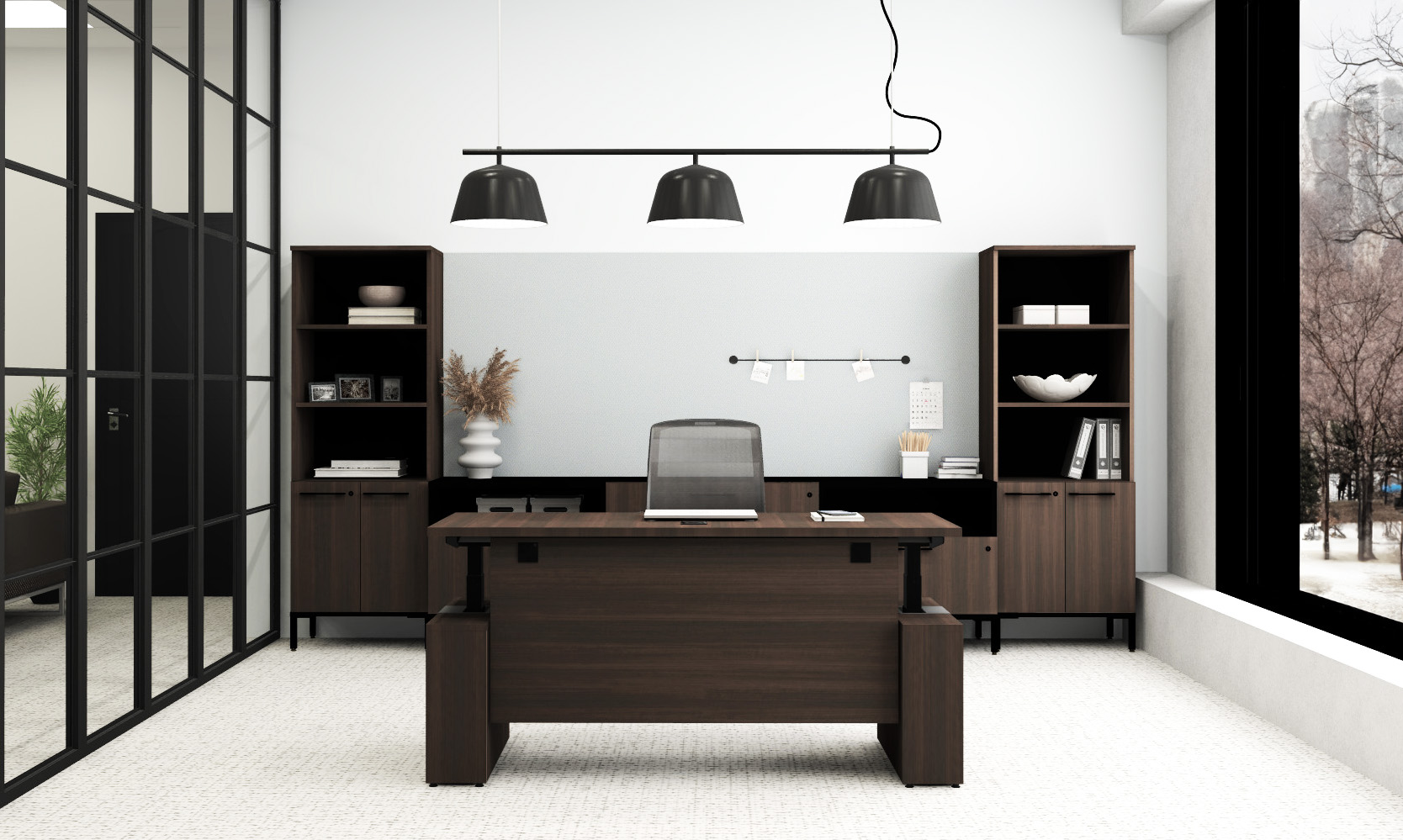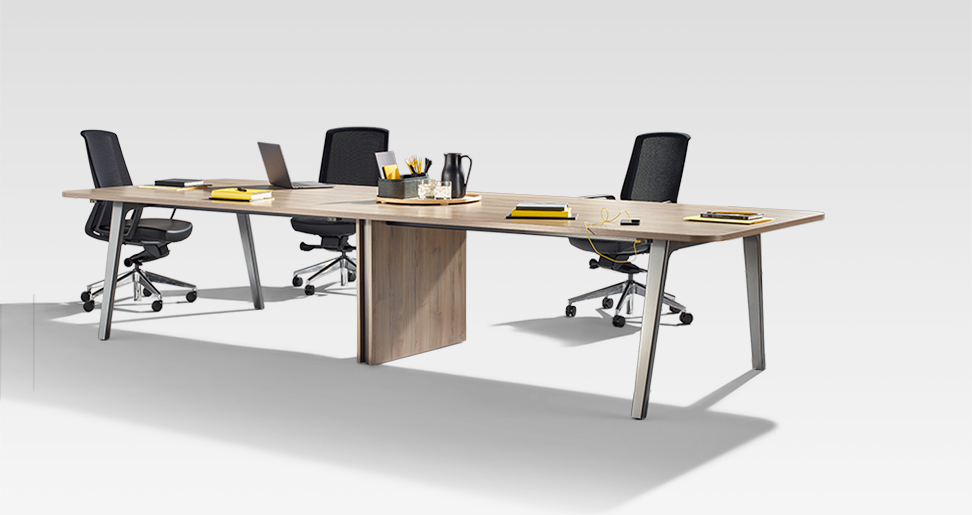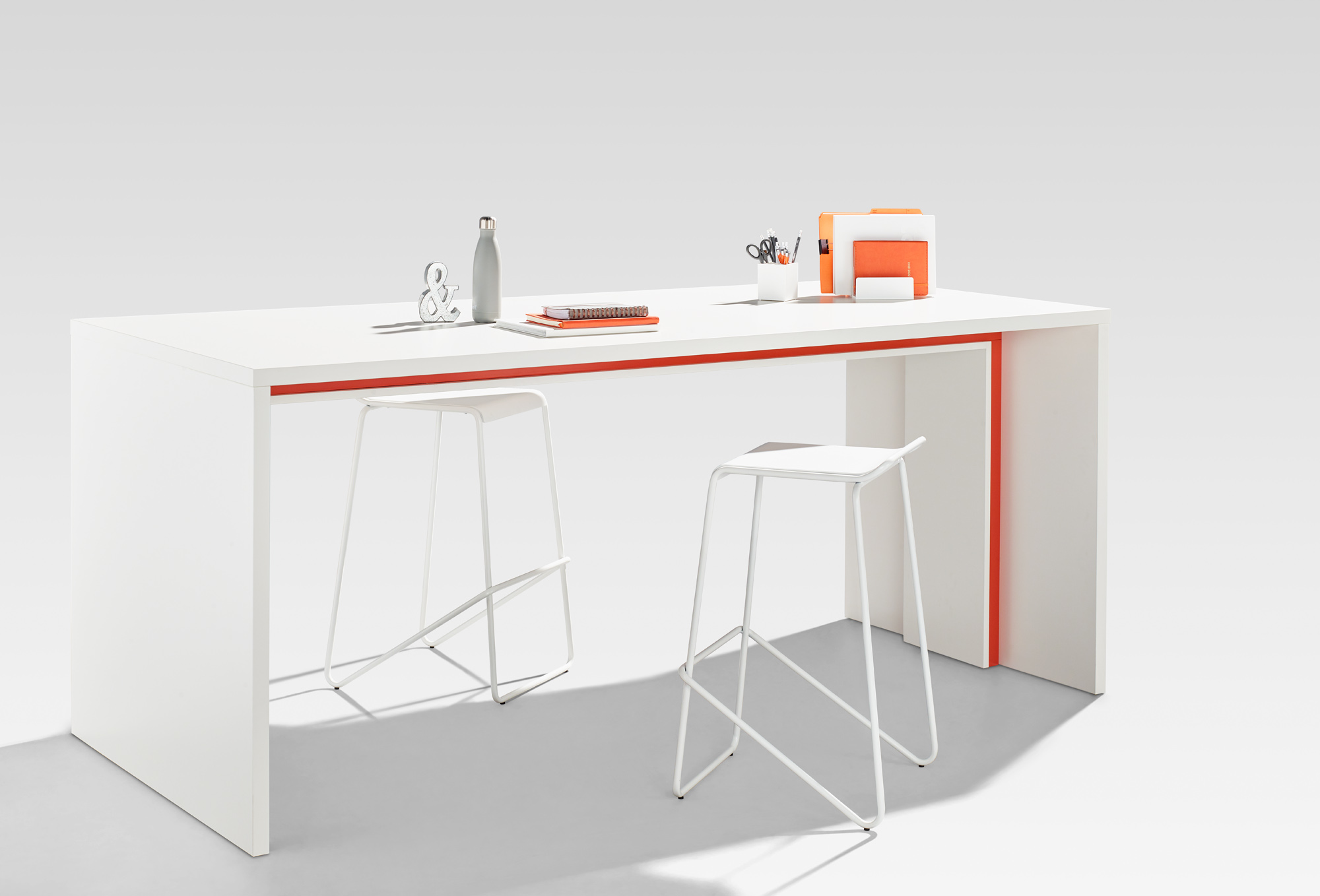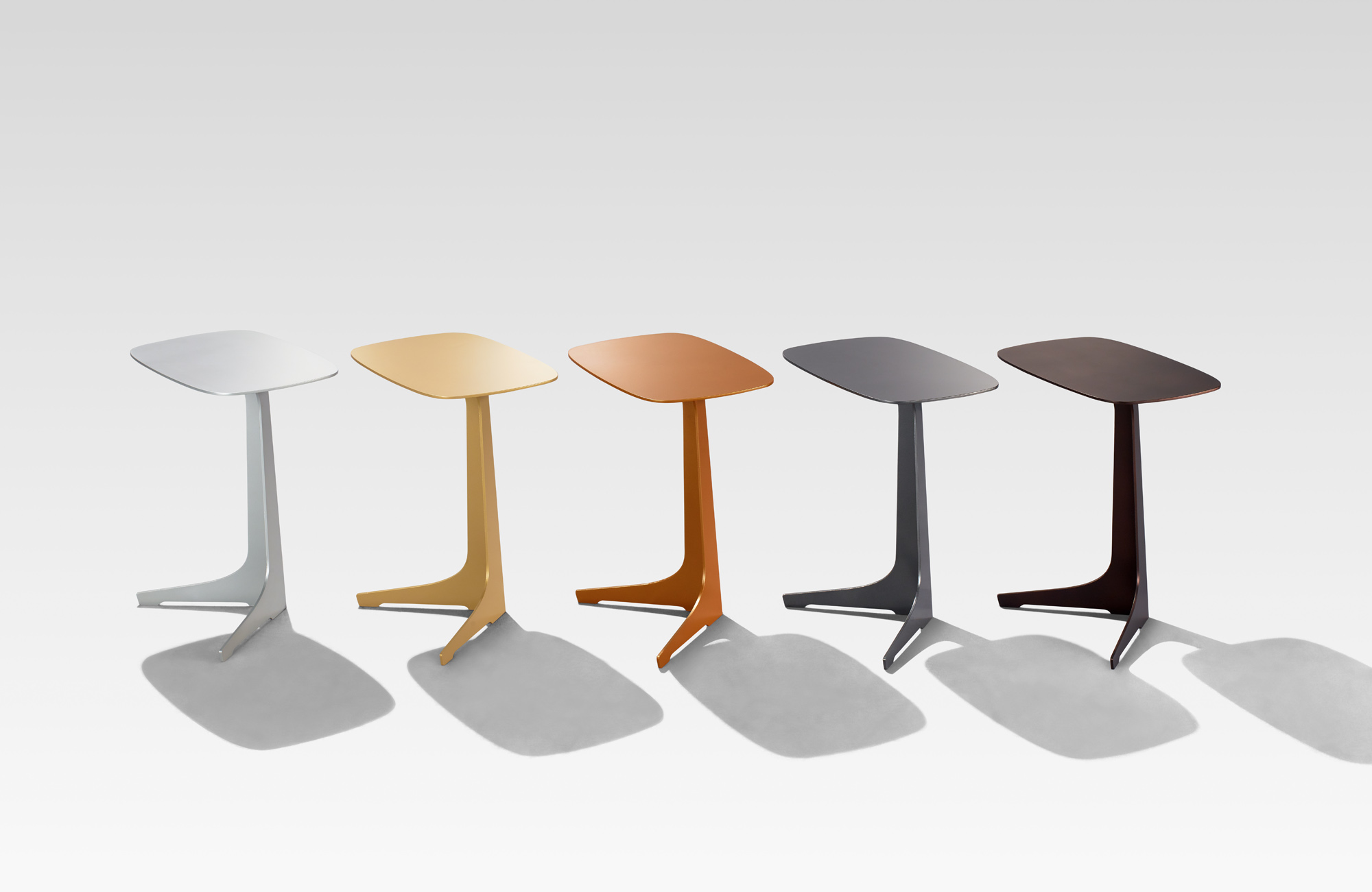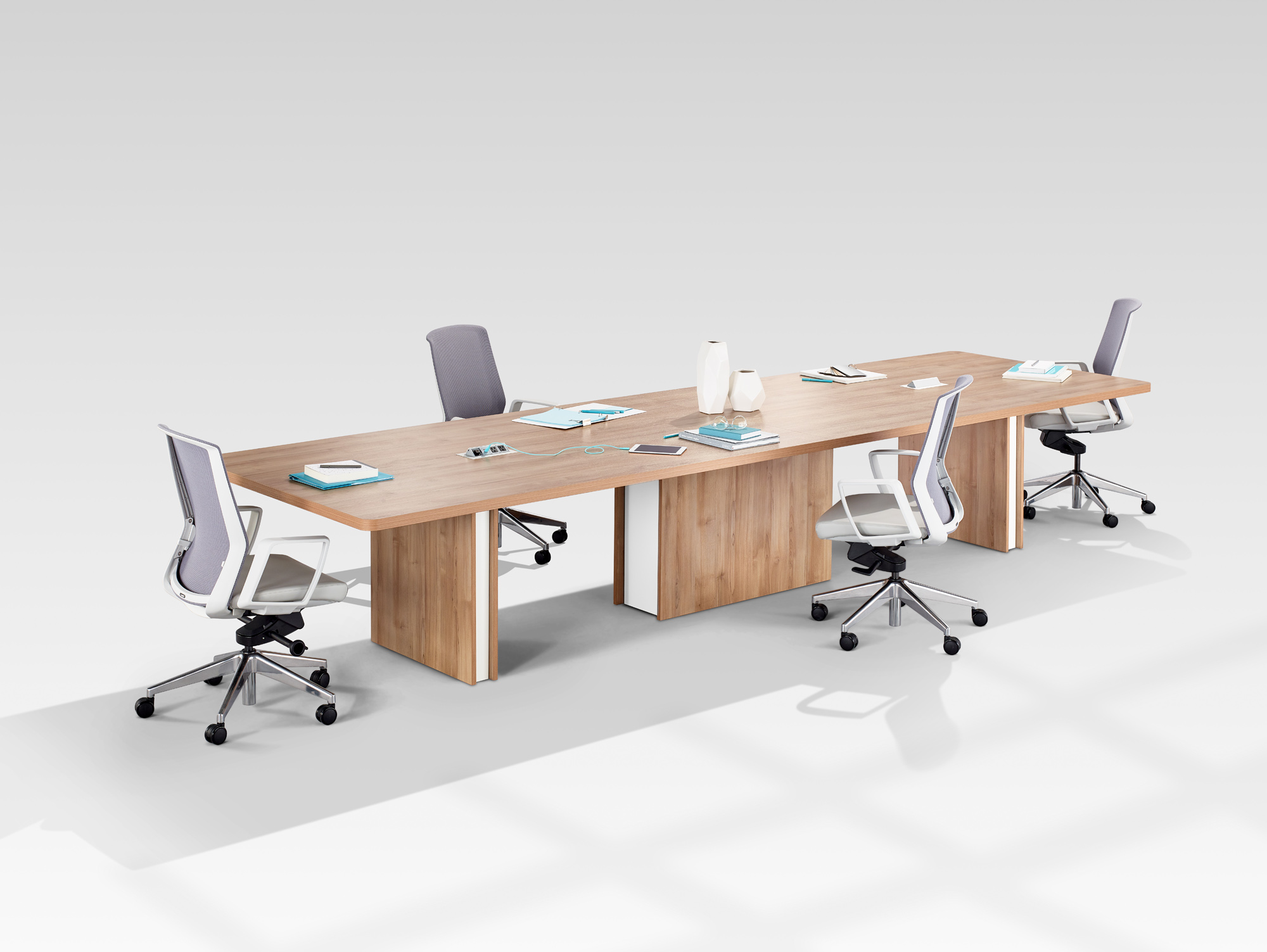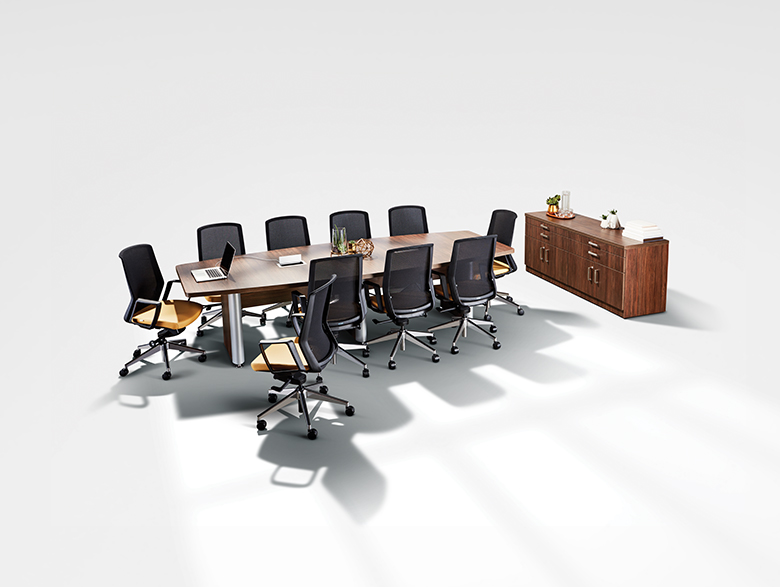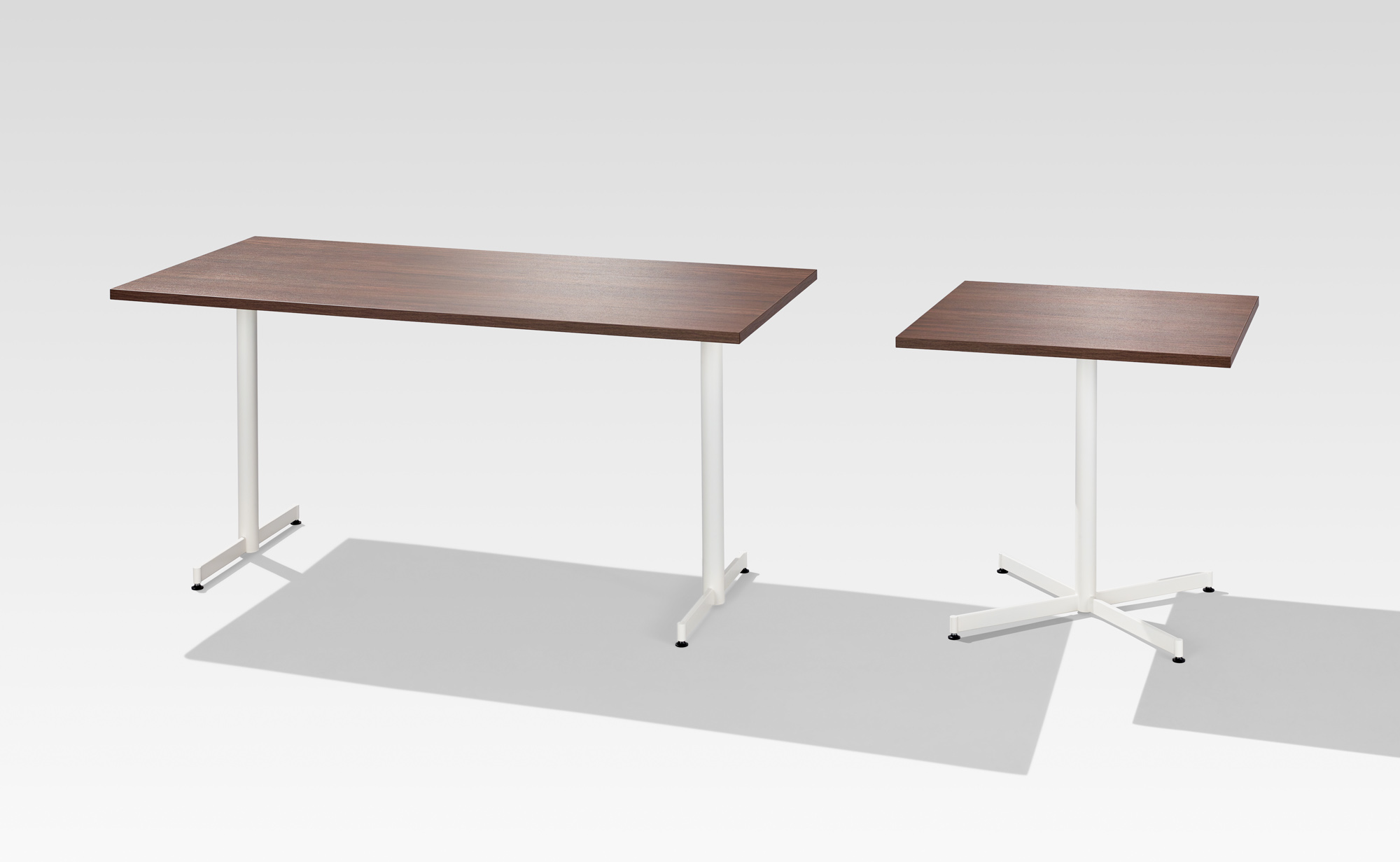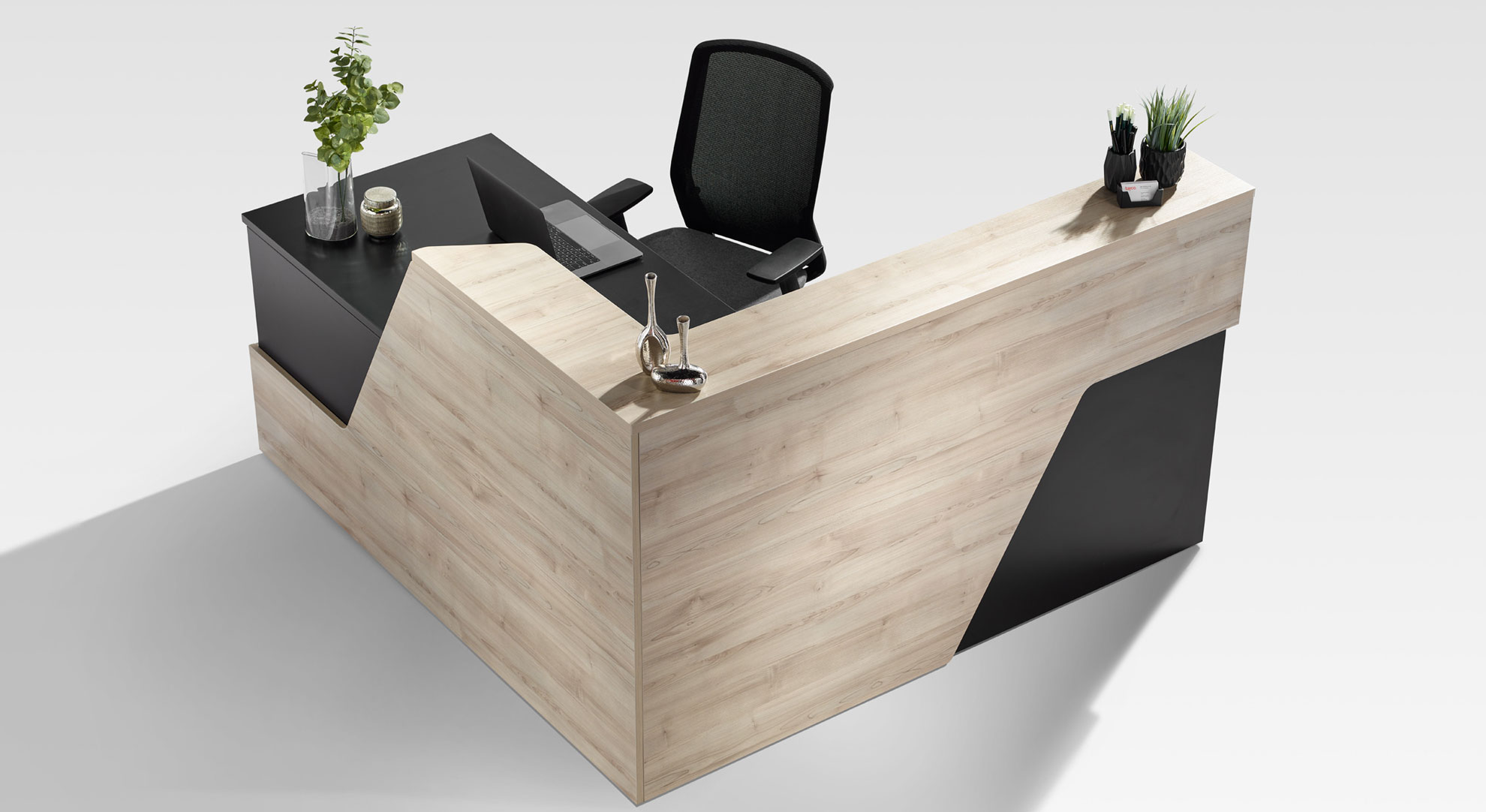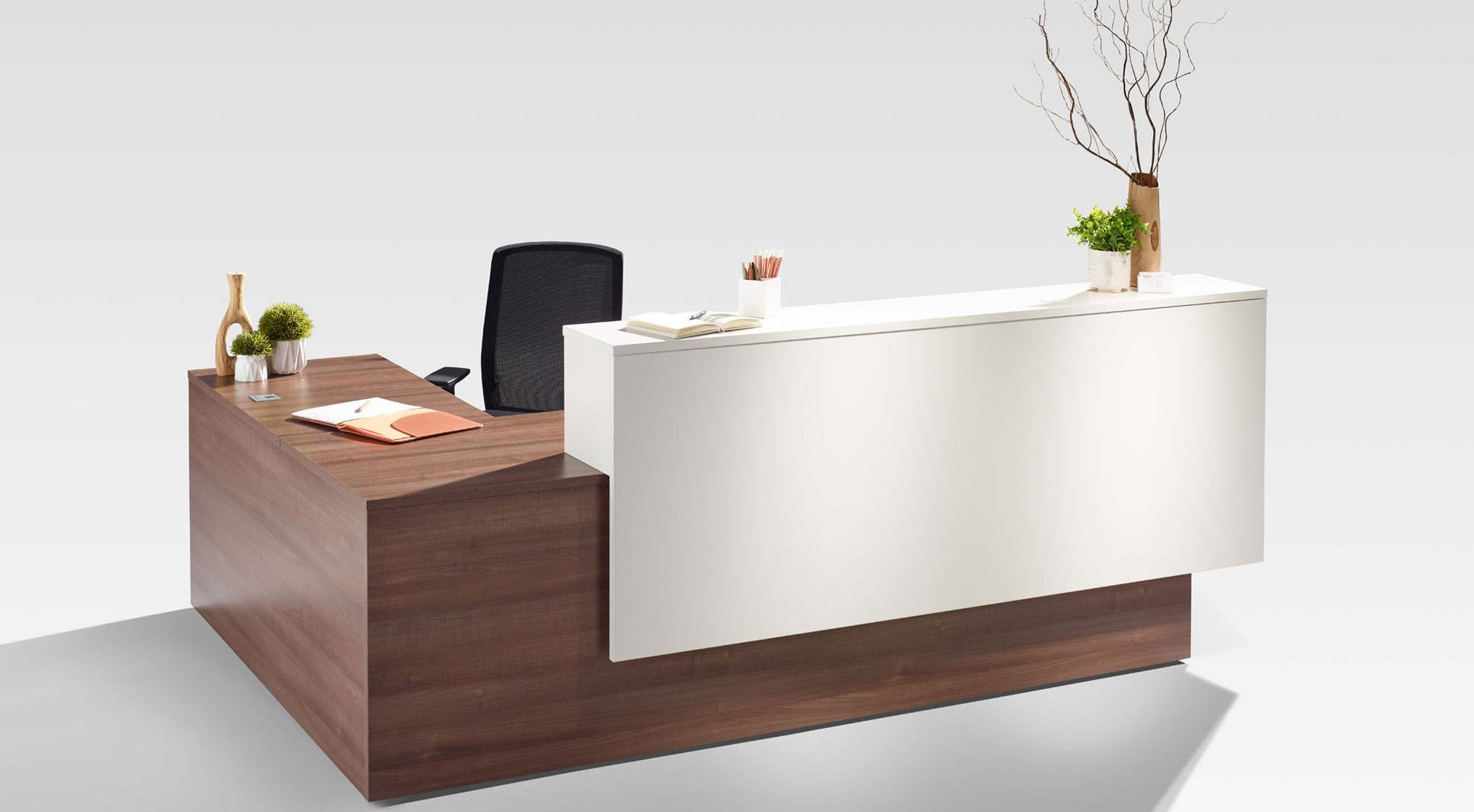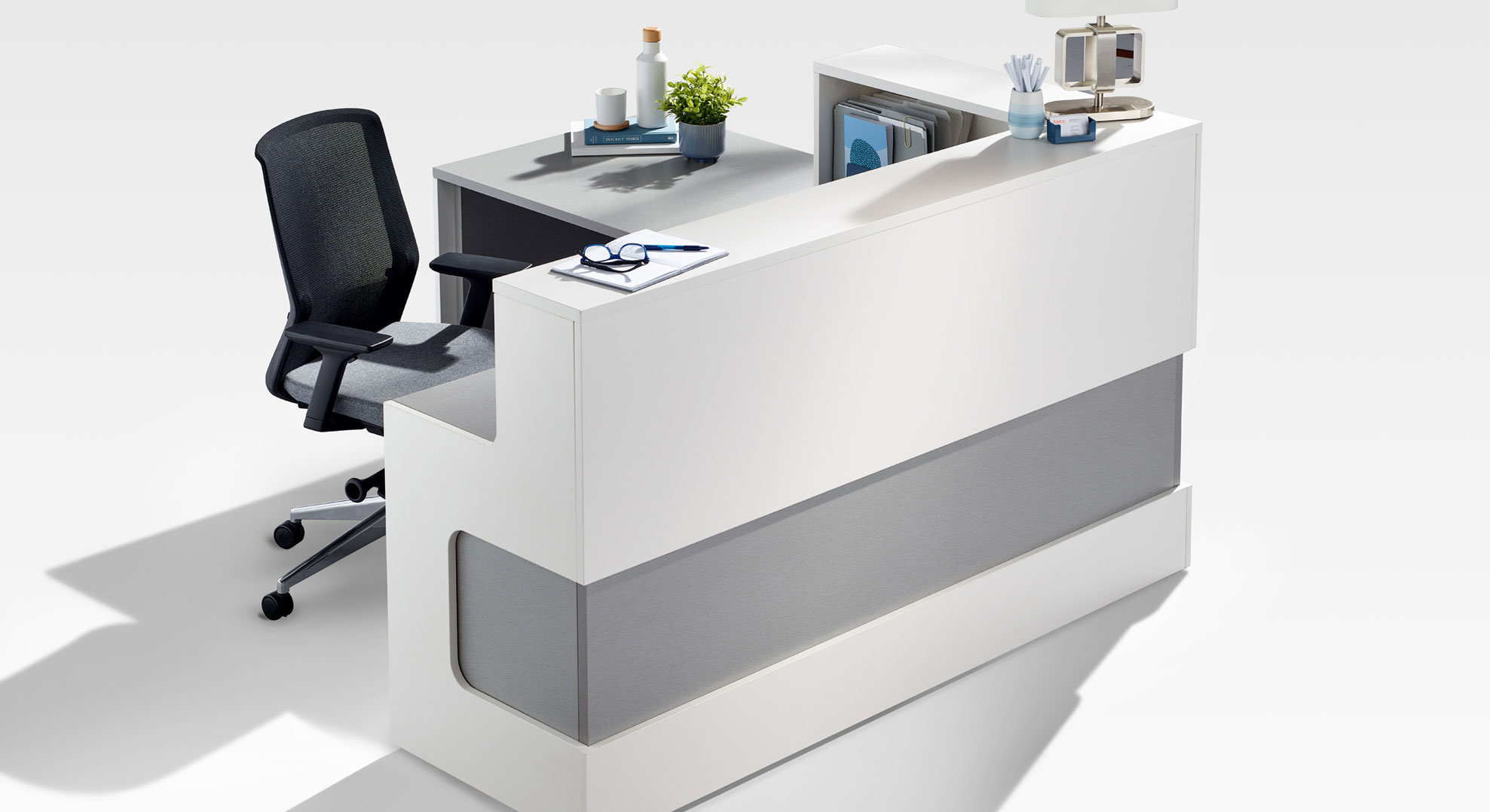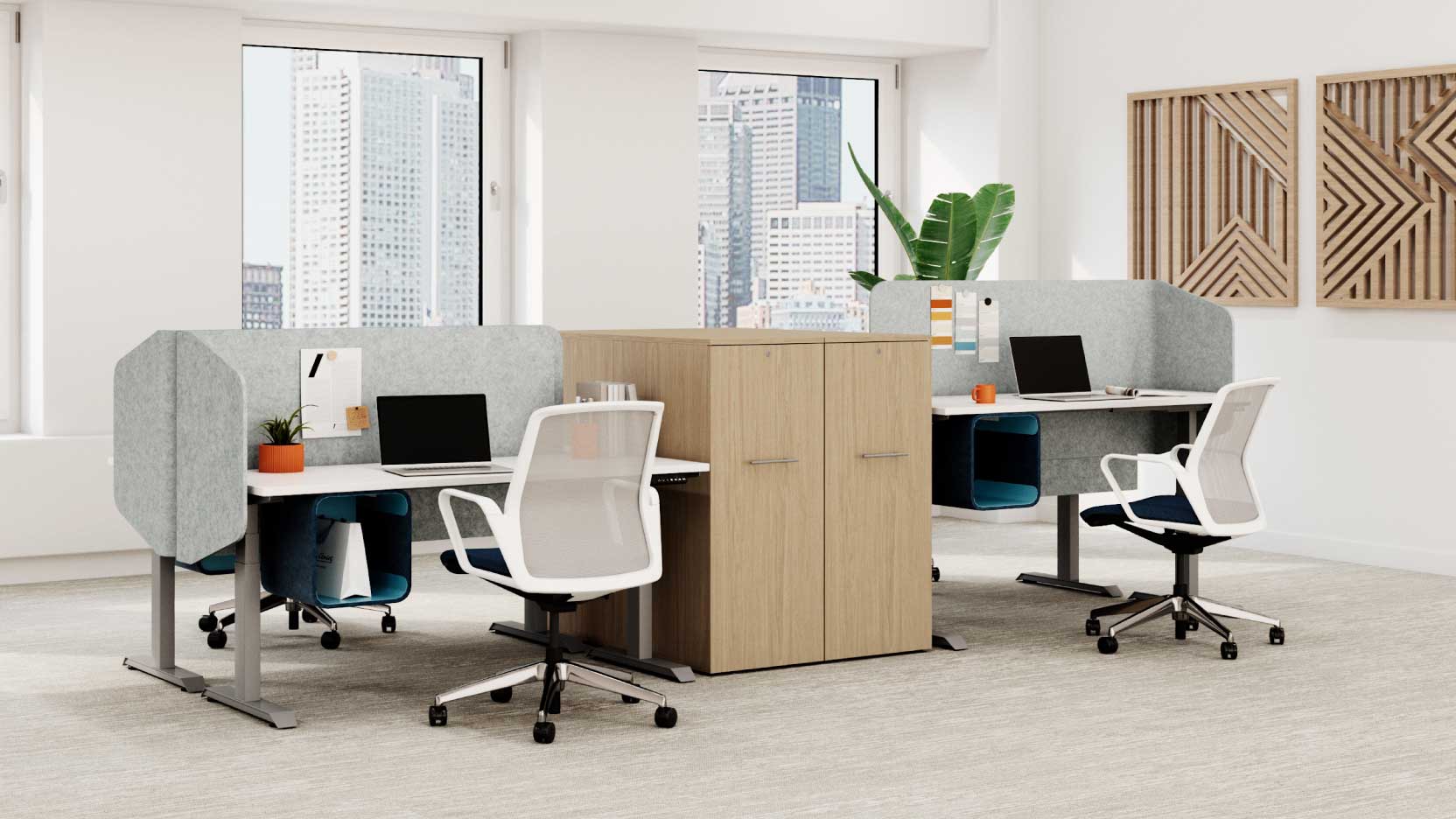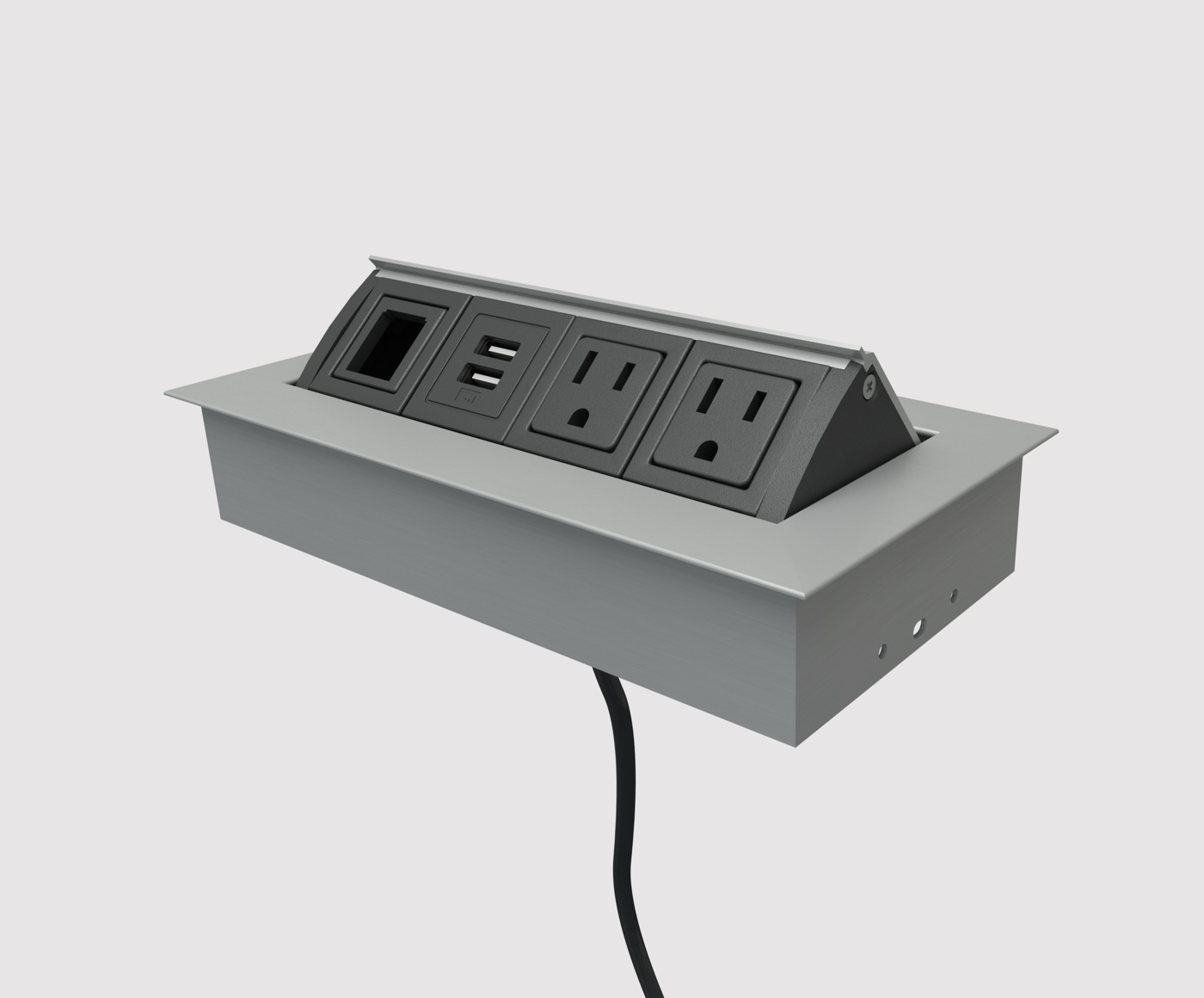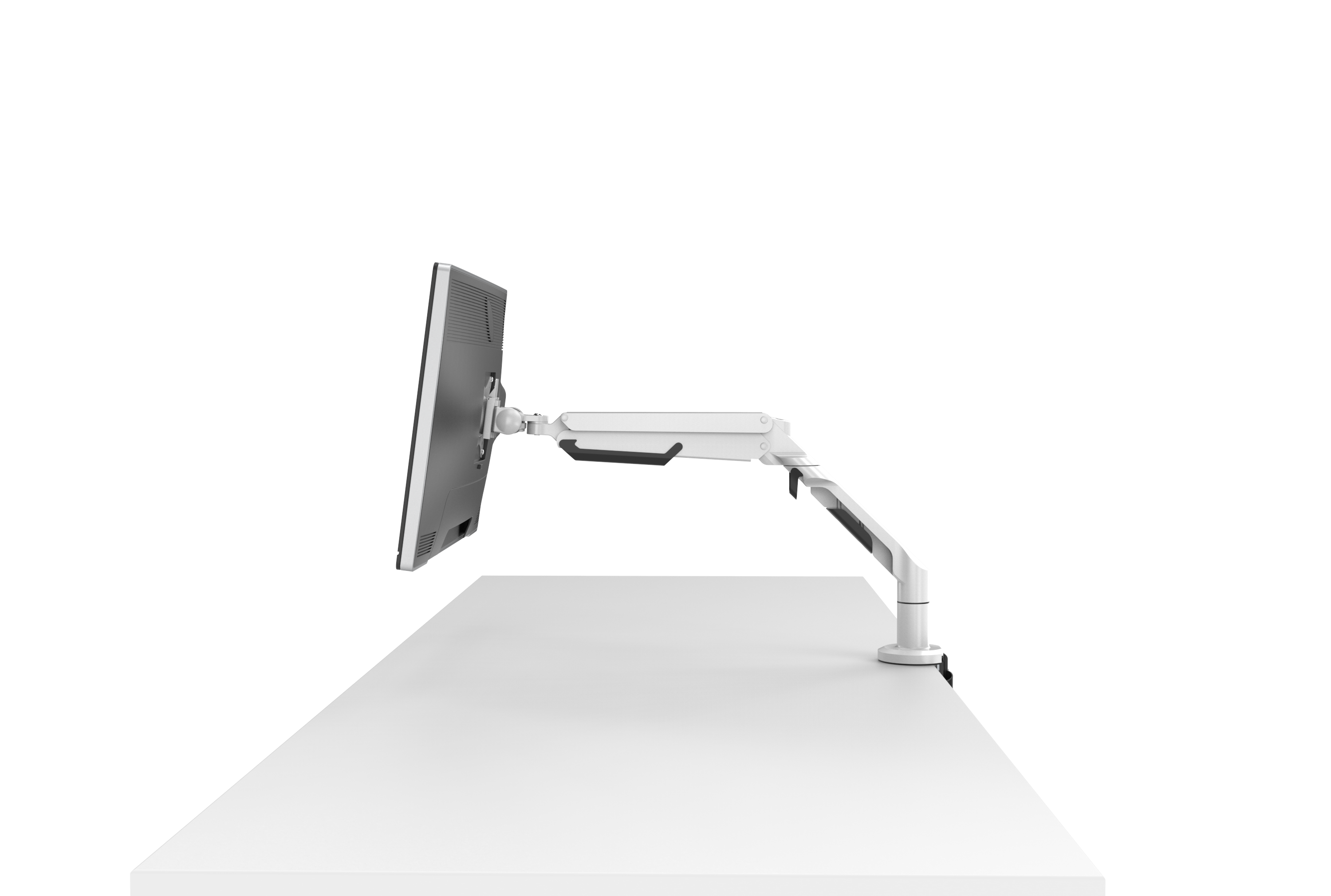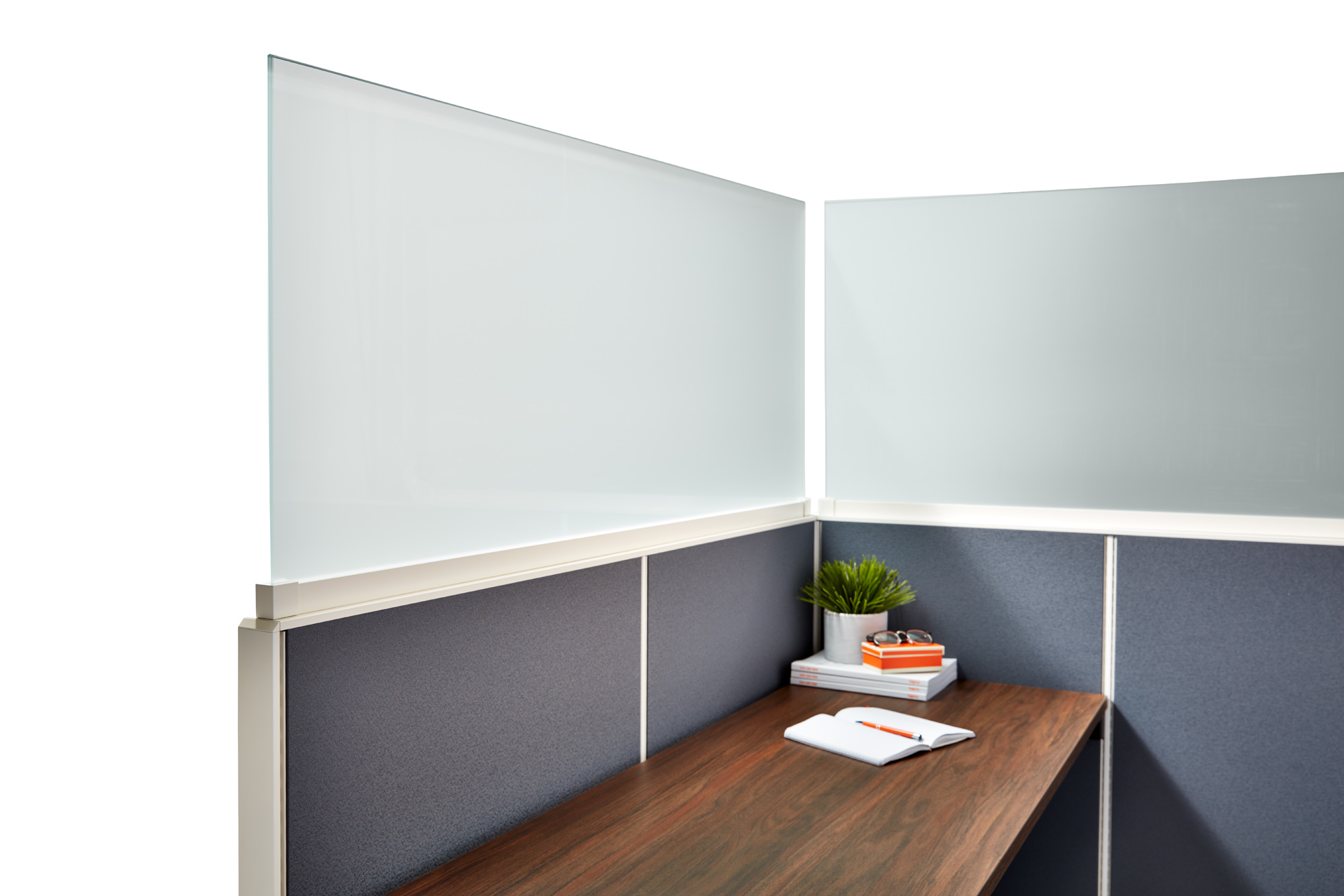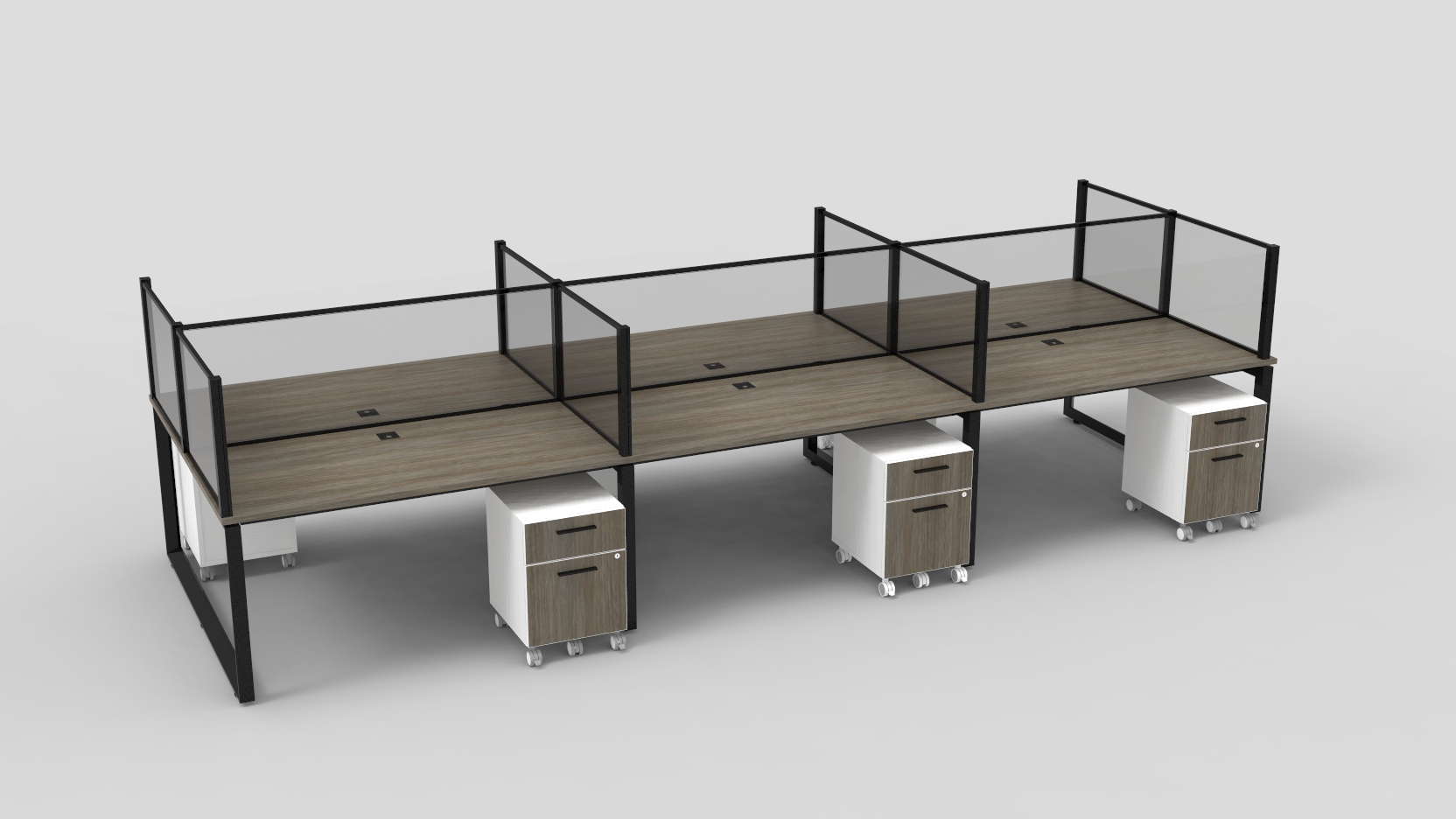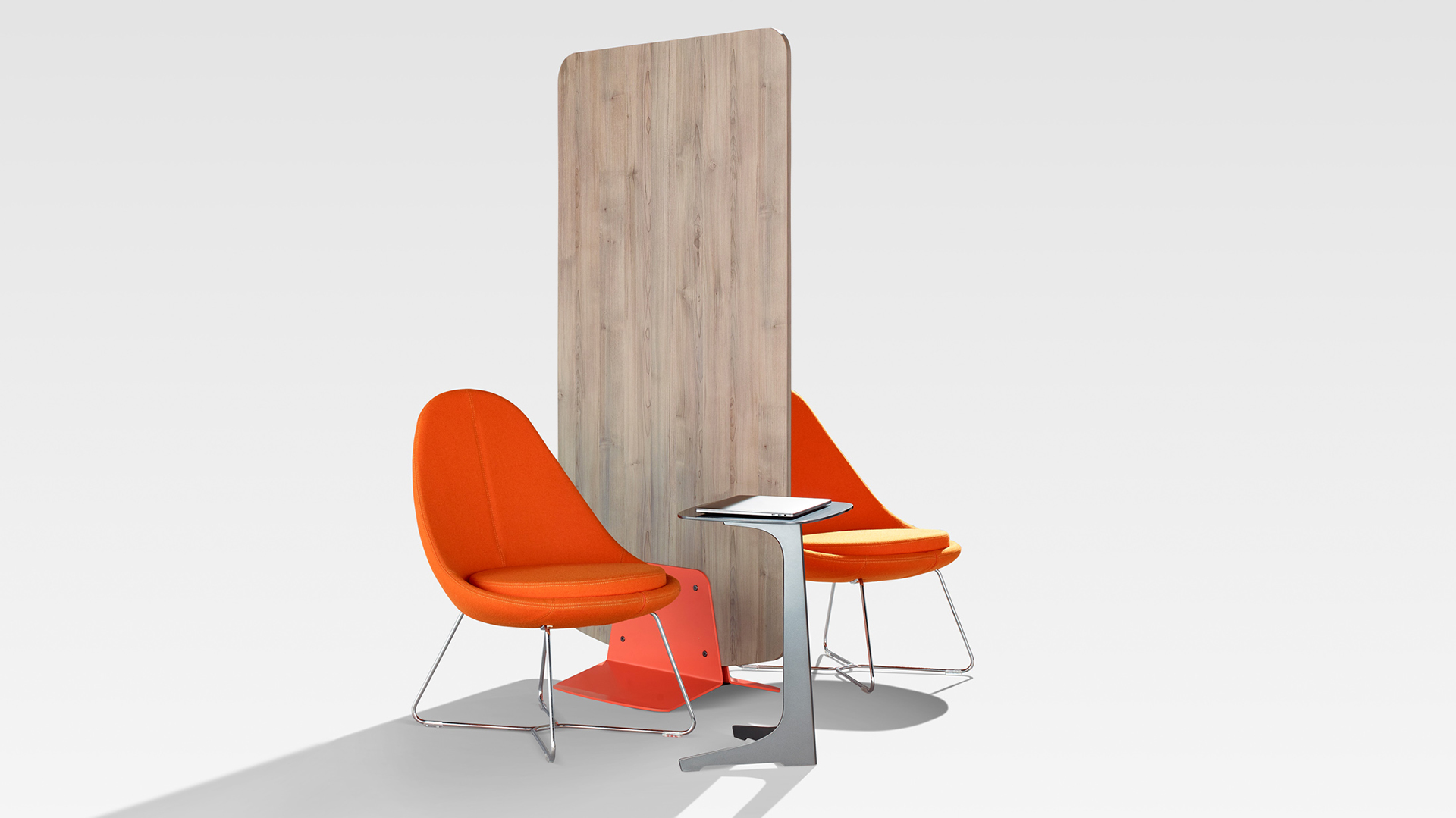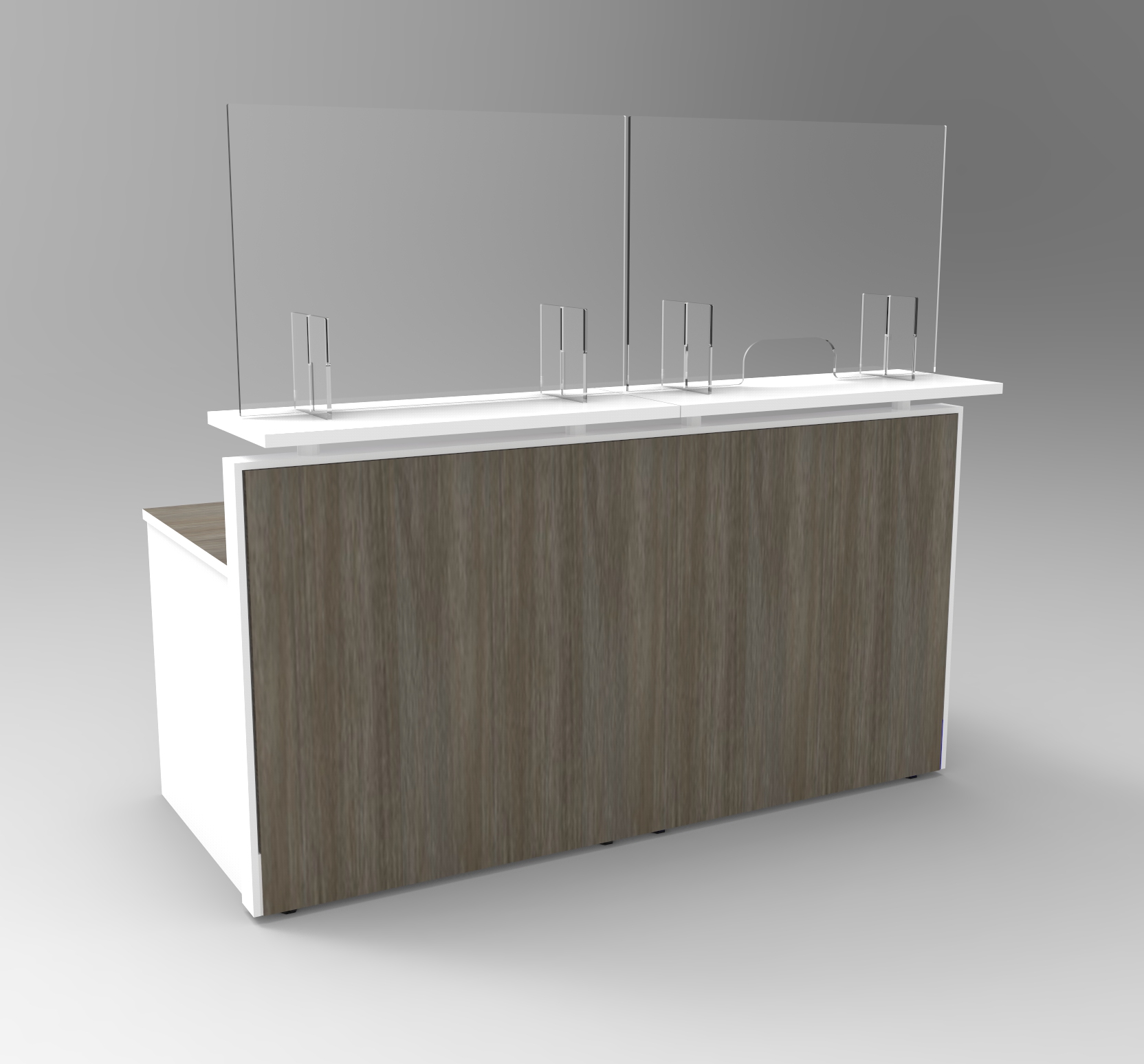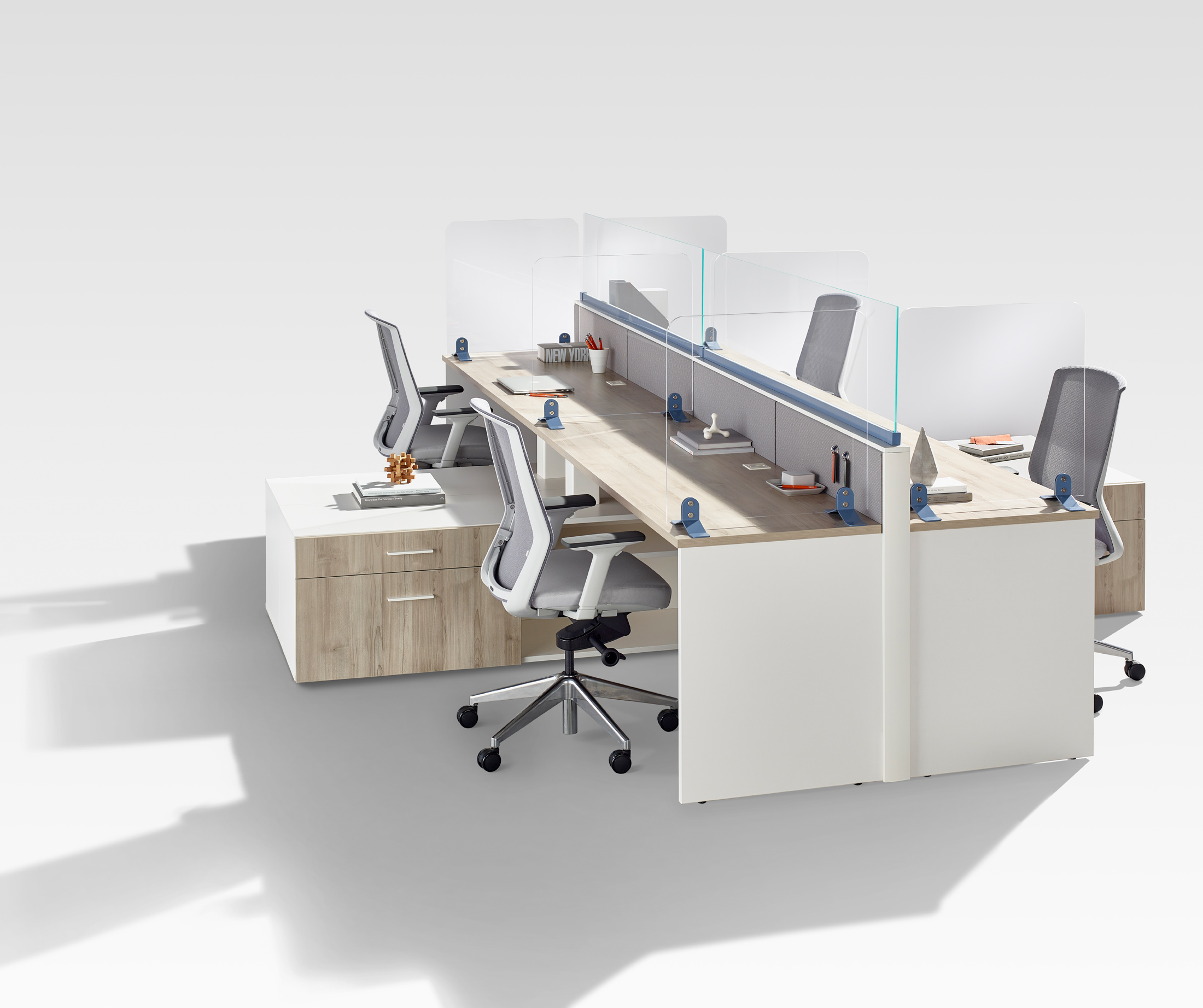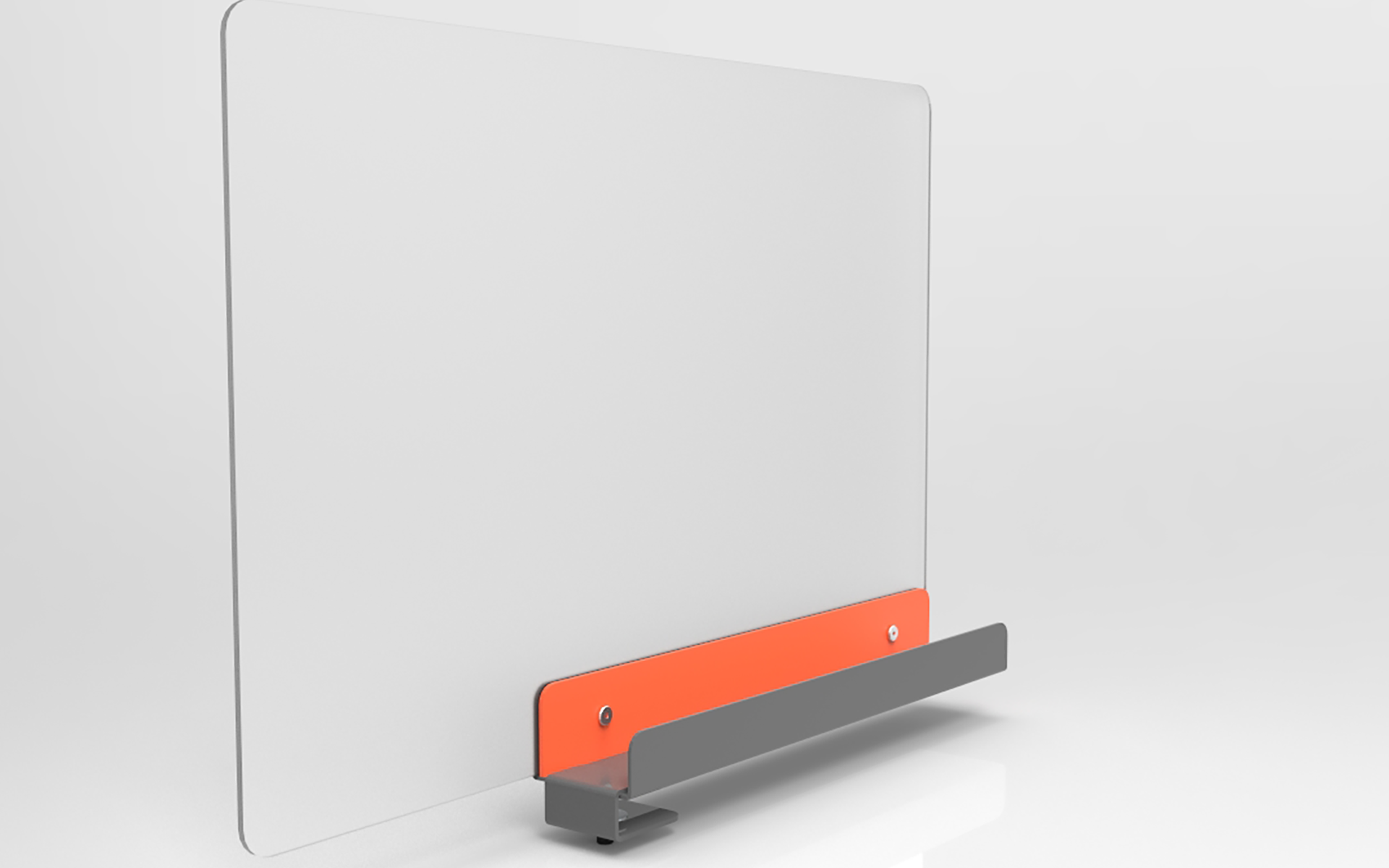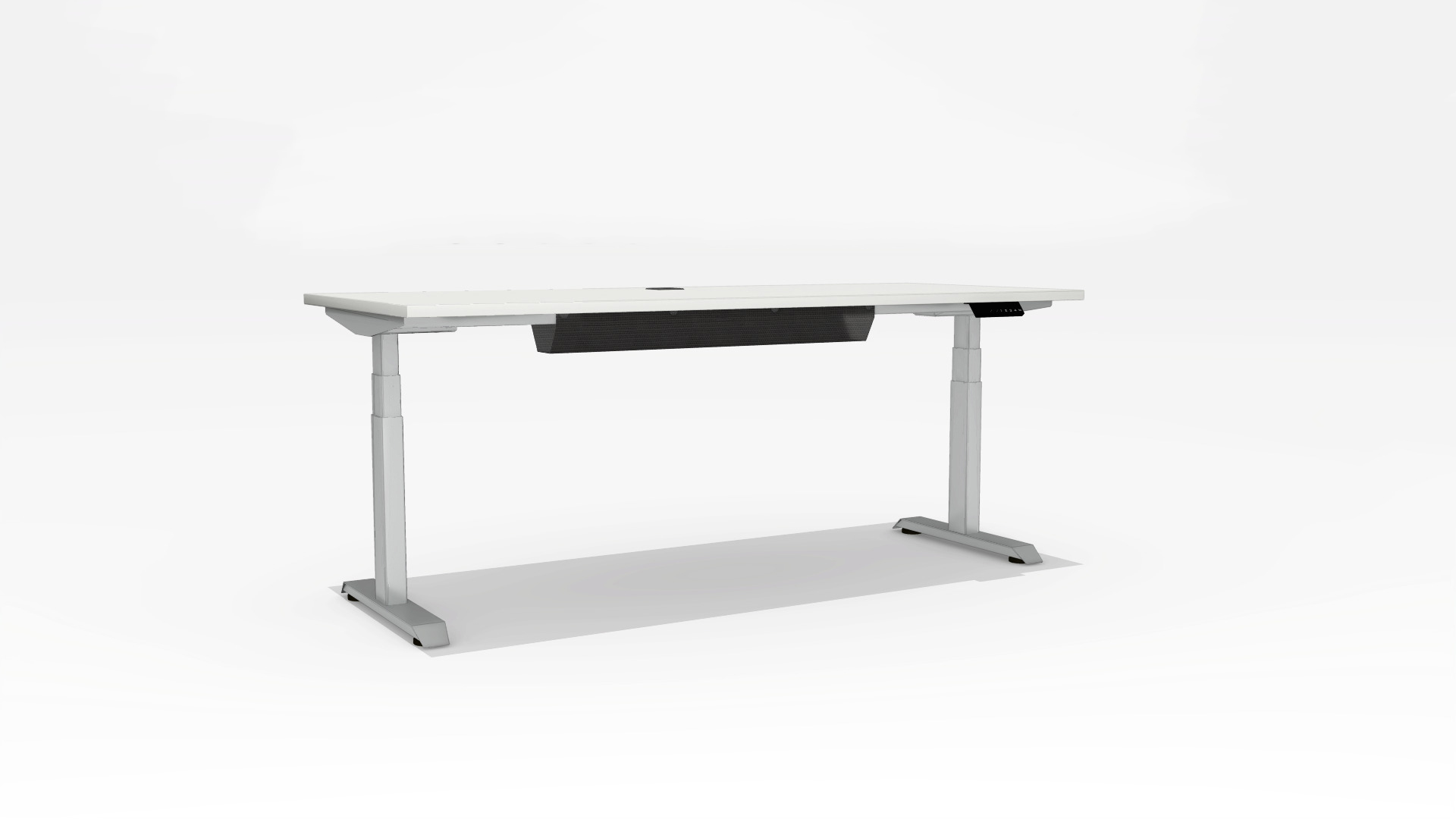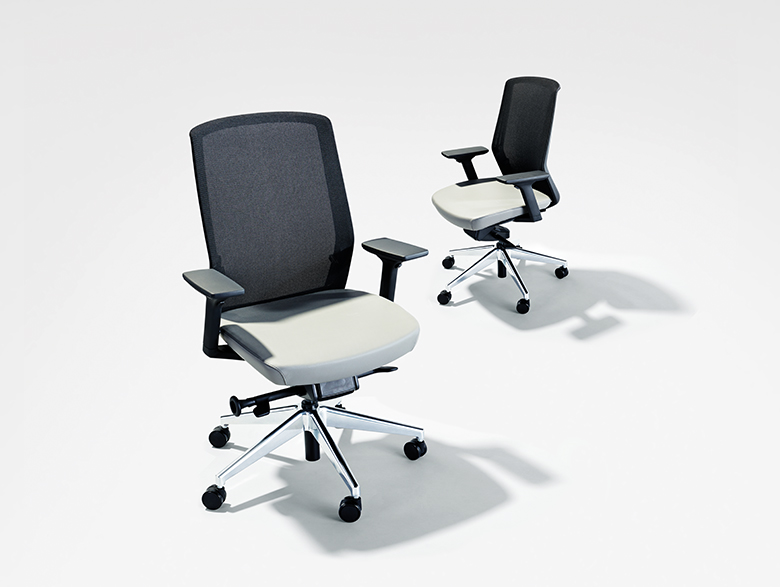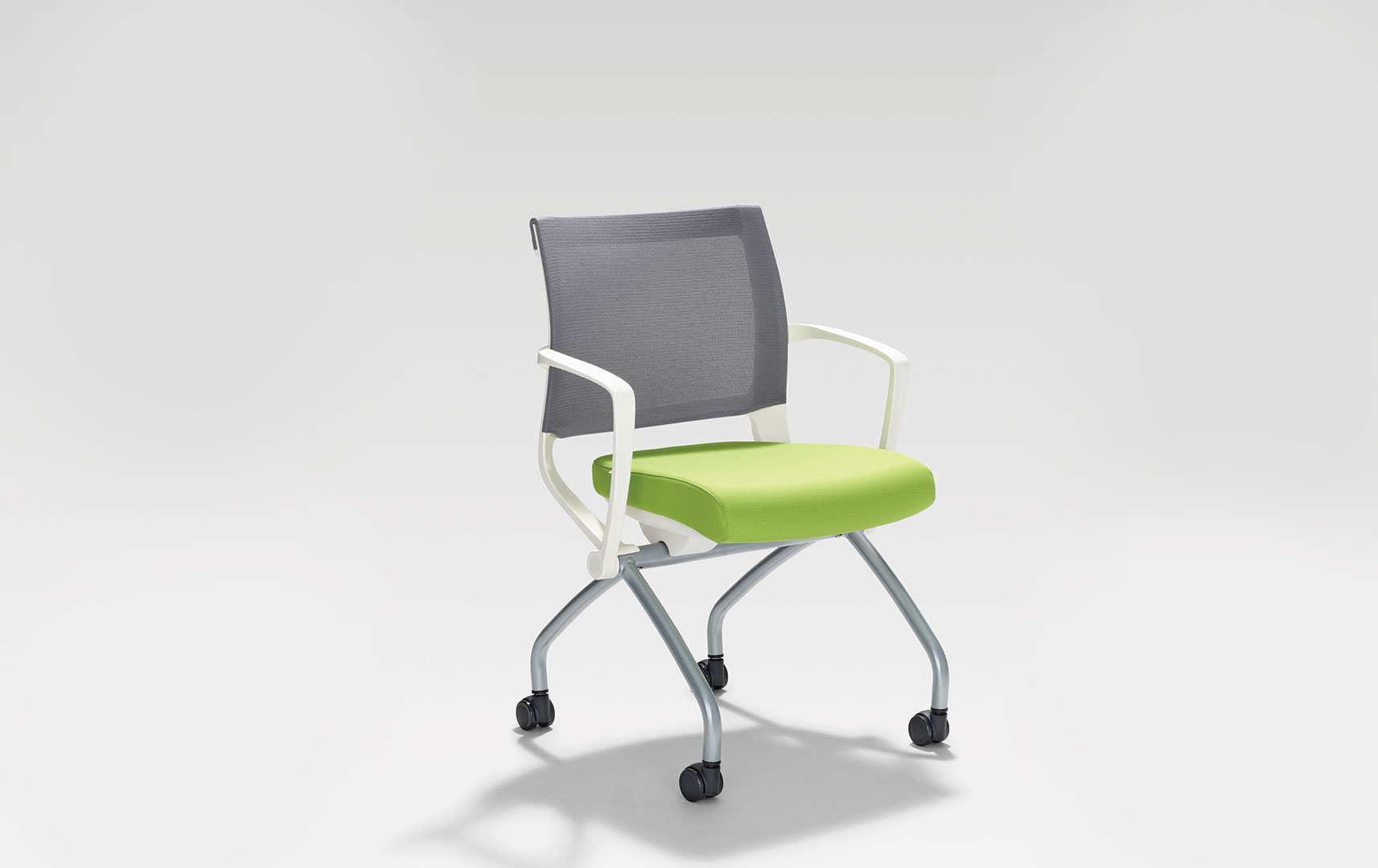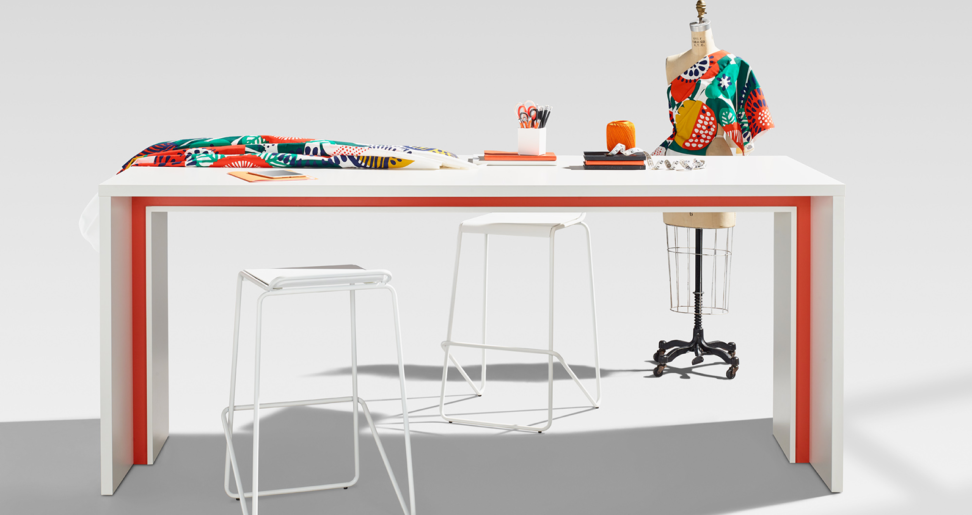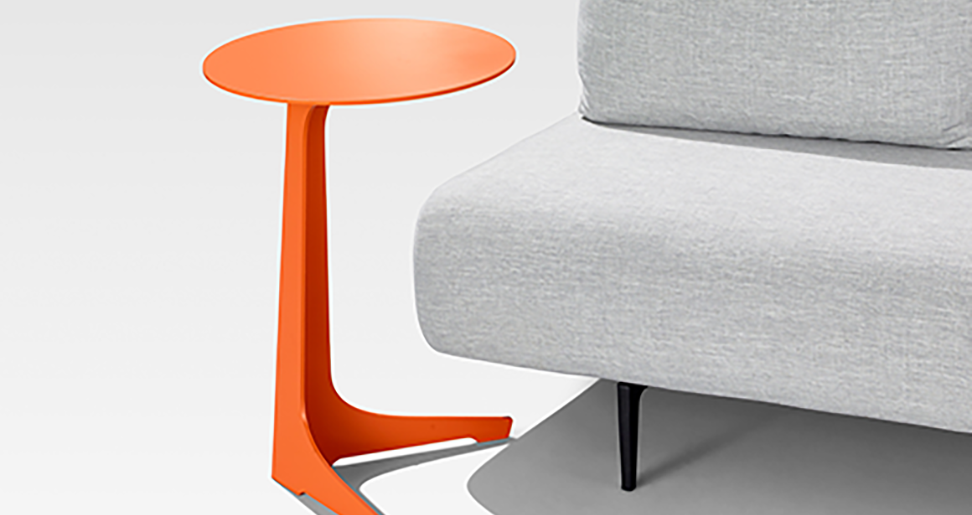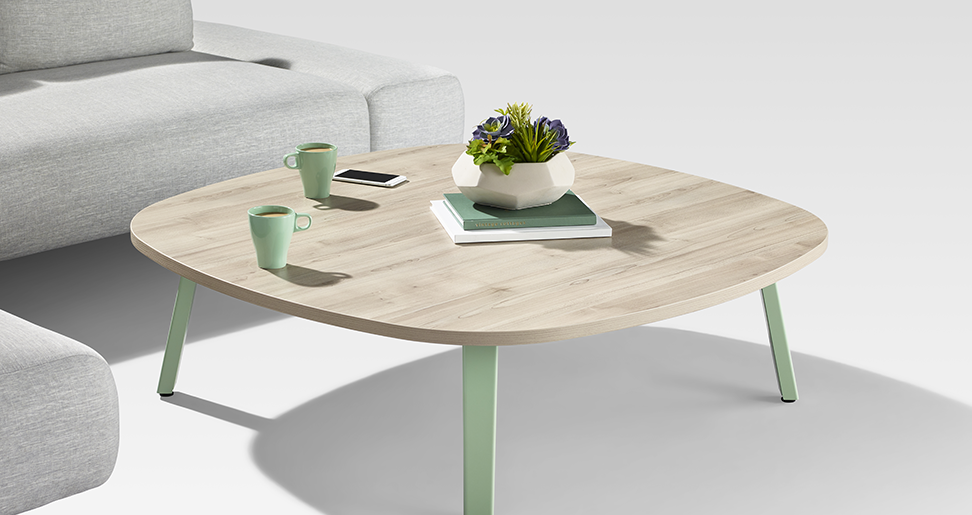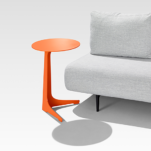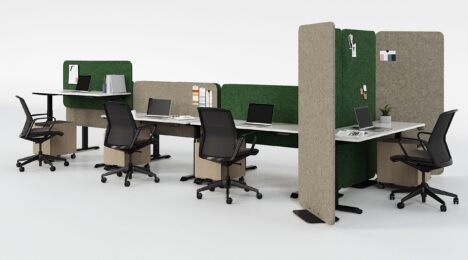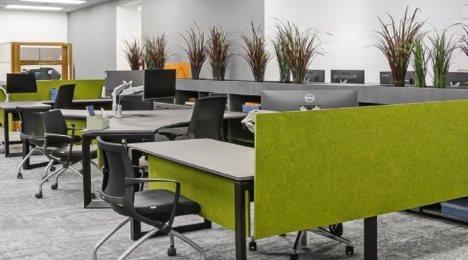In the ever-evolving landscape of workplace design, the incorporation of social tables and areas has emerged as a pivotal element in creating environments that inspire creativity, facilitate collaboration, and cultivate a positive company culture. These designated spaces serve as more than just places to eat or socialize, they are integral components of a holistic approach to workspace optimization.
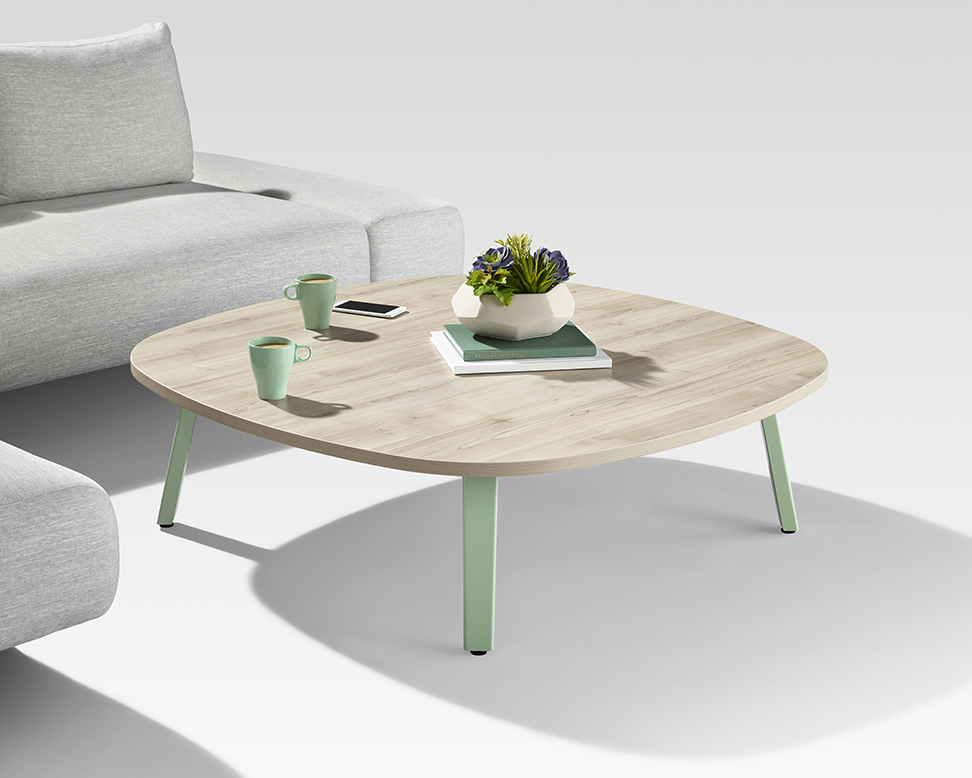
Promoting Creativity
Social tables and areas within the workplace provide employees with dynamic environments that stimulate creativity and innovation. Unlike traditional desk settings, these spaces offer opportunities for informal brainstorming sessions, impromptu discussions, and idea-sharing among colleagues. By breaking away from the confines of individual workstations, employees are encouraged to explore new perspectives, exchange insights, and spark fresh ideas. Whether it’s a vibrant café-style setting with the Halifax Coffee Table or a cozy lounge area with the Koko Table, these designated spaces serve as incubators for creativity, fostering a culture of experimentation and exploration.
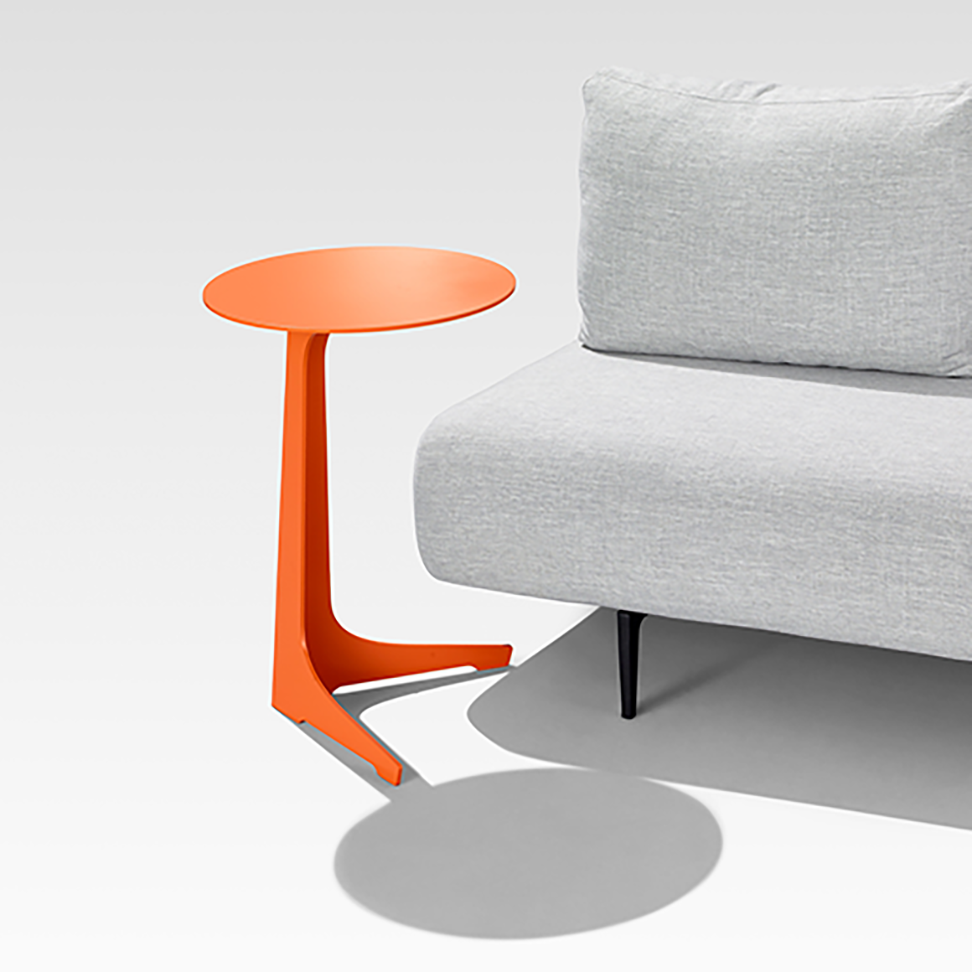
Allowing Workers to Step Away from the Desk
One of the key benefits of social tables and areas is their ability to encourage employees to step away from their desks and take much-needed breaks in a different setting. In today’s fast-paced work environments, it’s all too easy for employees to become tethered to their workstations, leading to burnout and decreased productivity. By providing inviting spaces where employees can relax, recharge, and connect with colleagues, organizations demonstrate their commitment to employee well-being and work-life balance. Whether it’s enjoying a leisurely lunch while charging their phones at the Kip Table with coworkers or taking a moment to decompress in a comfortable lounge chair, these designated areas offer a welcome respite from the demands of the workday.
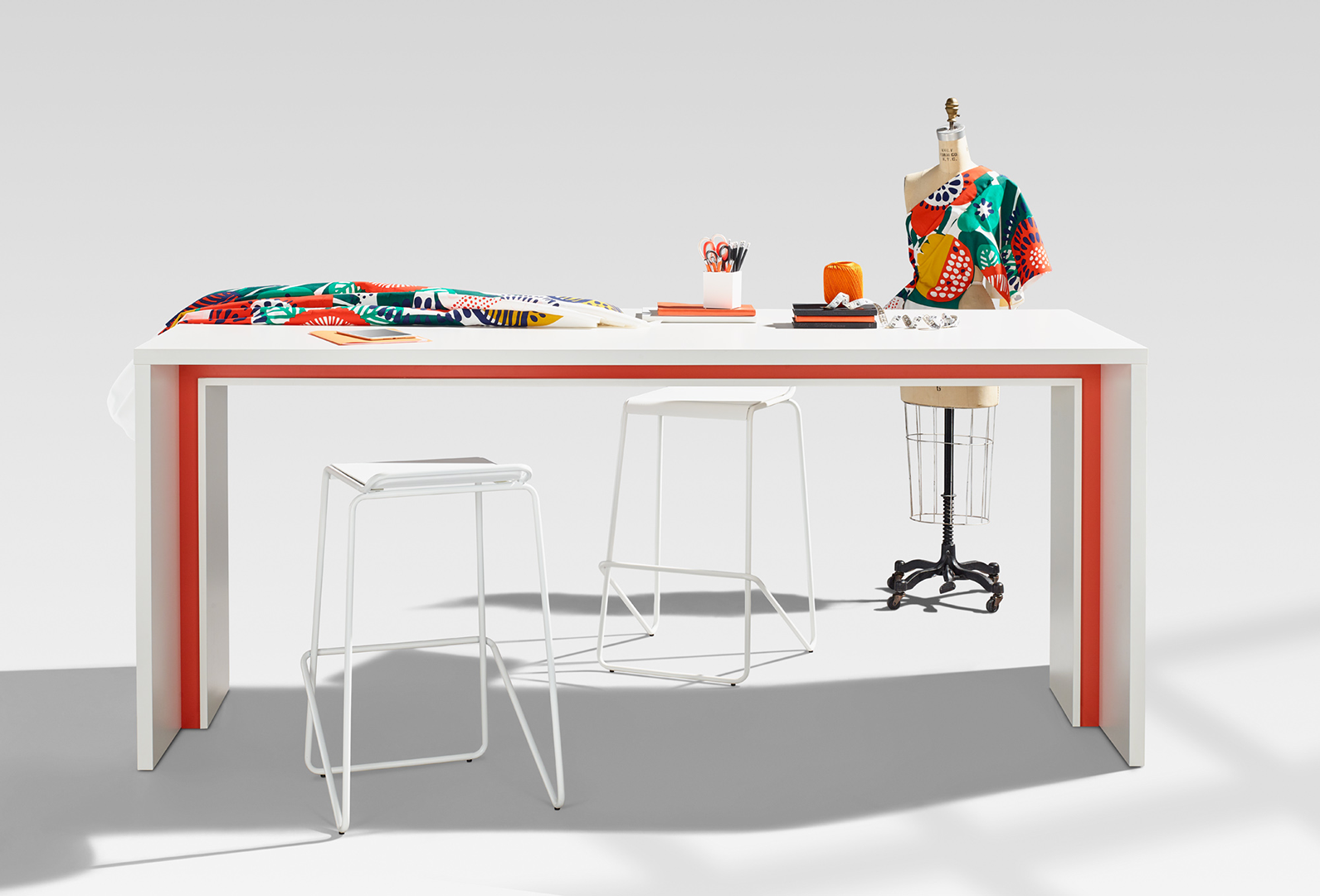
Promoting Networking and Creating a Positive Company Culture
Social tables and areas play a crucial role in fostering connections and building relationships among Team members. These communal spaces serve as natural hubs for networking, encouraging serendipitous encounters and informal interactions that strengthen bonds between colleagues. Whether it’s sharing a meal, collaborating on a project, or simply engaging in casual conversation, these moments of connection contribute to the development of a vibrant and inclusive company culture. By prioritizing the design of social spaces within the workplace, organizations signal their commitment to fostering a sense of community and belonging among employees, ultimately leading to increased morale, productivity, and retention rates.
In conclusion, the integration of social tables and areas into workplace design represents a strategic investment in the well-being and success of employees. By promoting creativity, providing opportunities for breaks away from the desk, and facilitating networking and camaraderie, these designated spaces contribute to a more vibrant, collaborative, and positive work environment. As organizations continue to recognize the importance of nurturing a holistic approach to workspace design, social tables and areas are poised to play an increasingly integral role in shaping the future of work.
